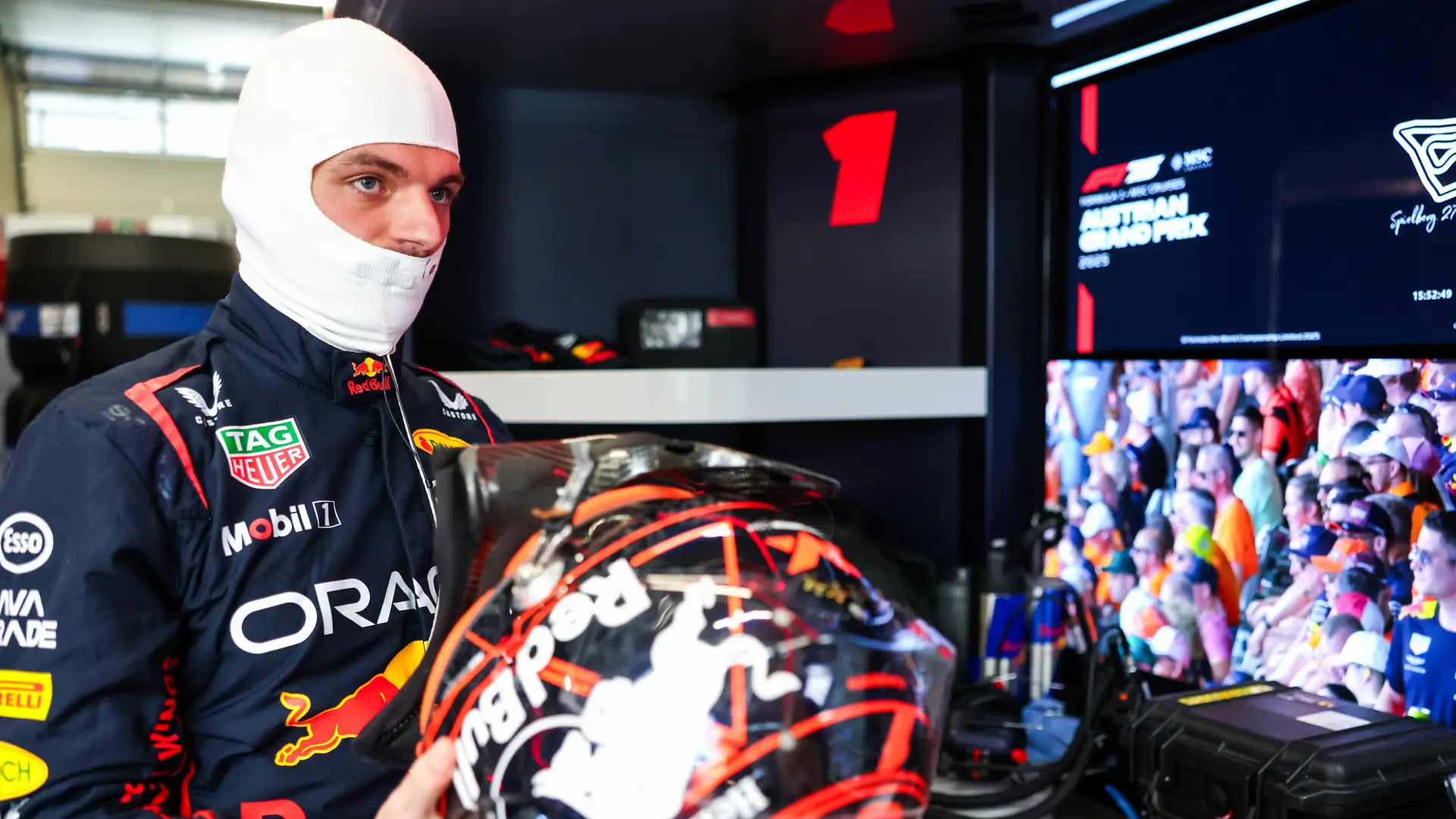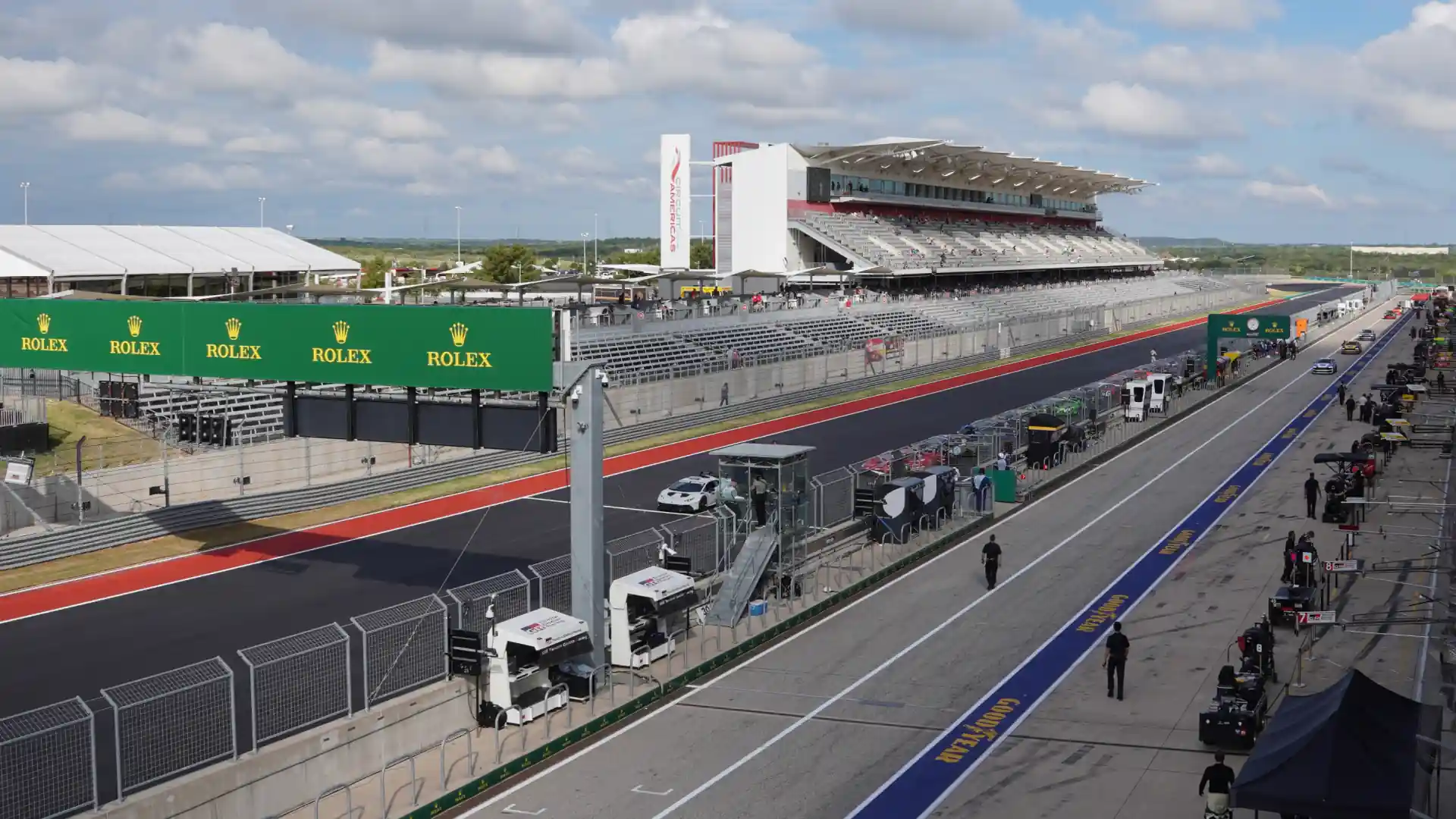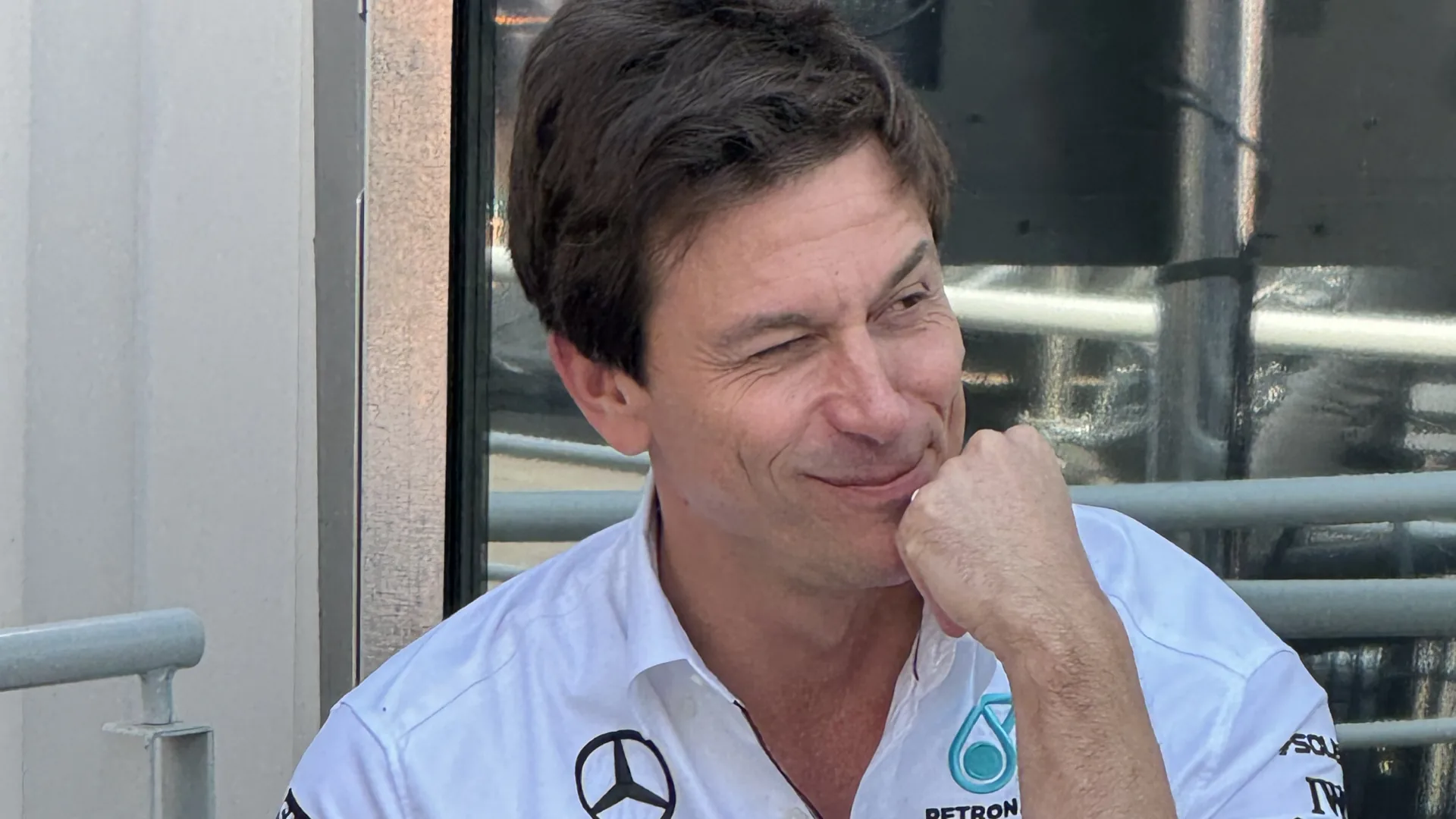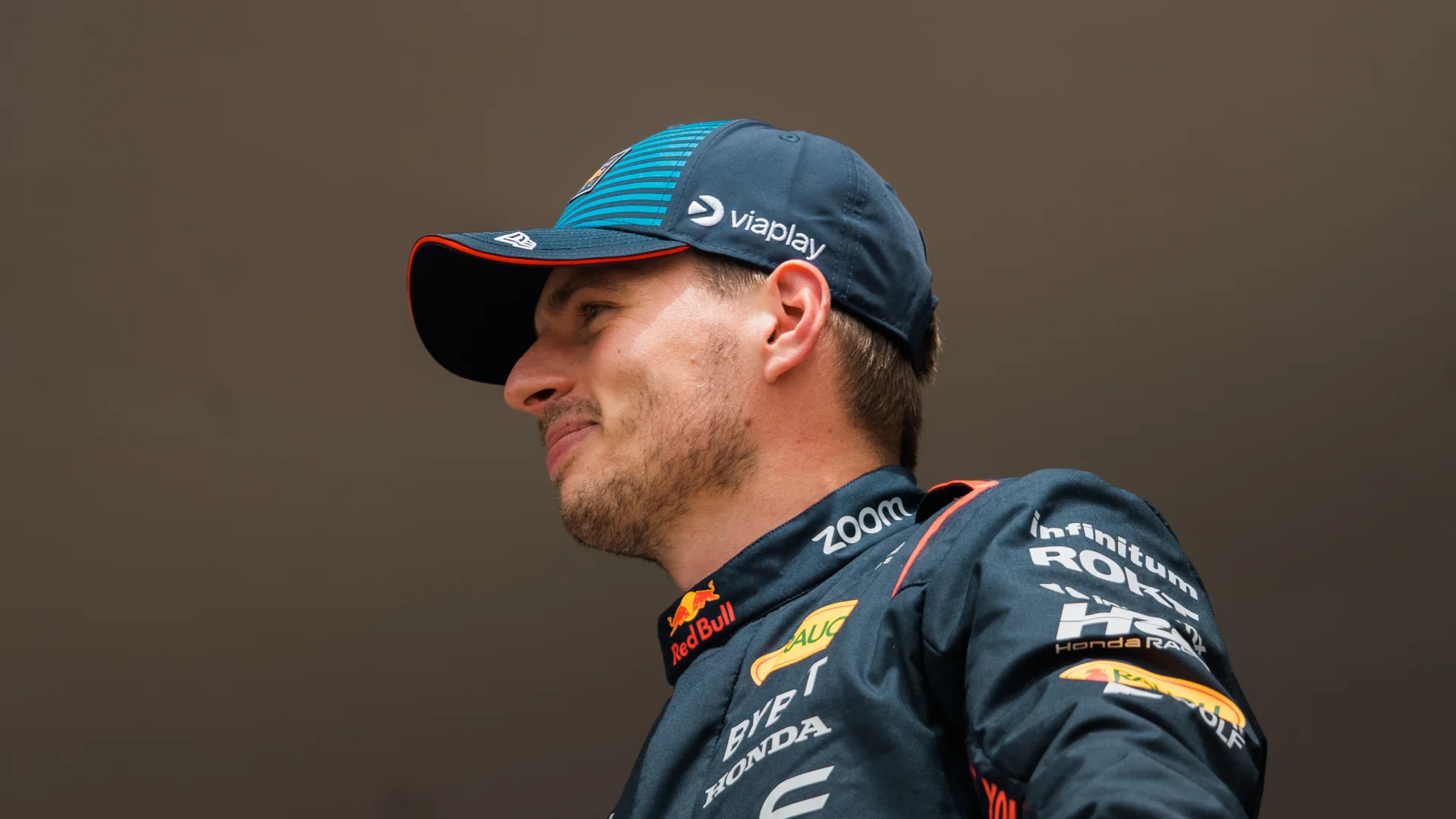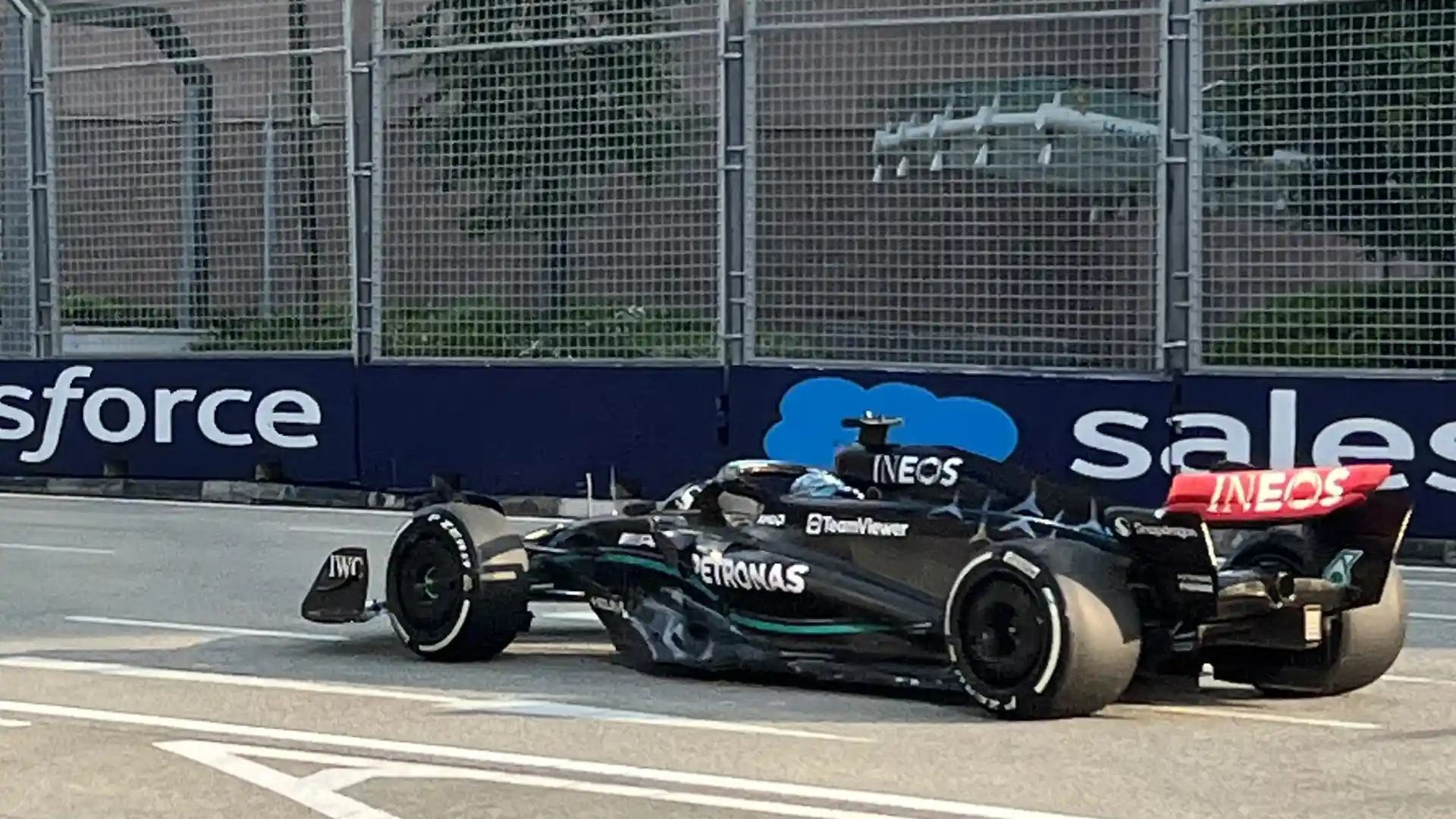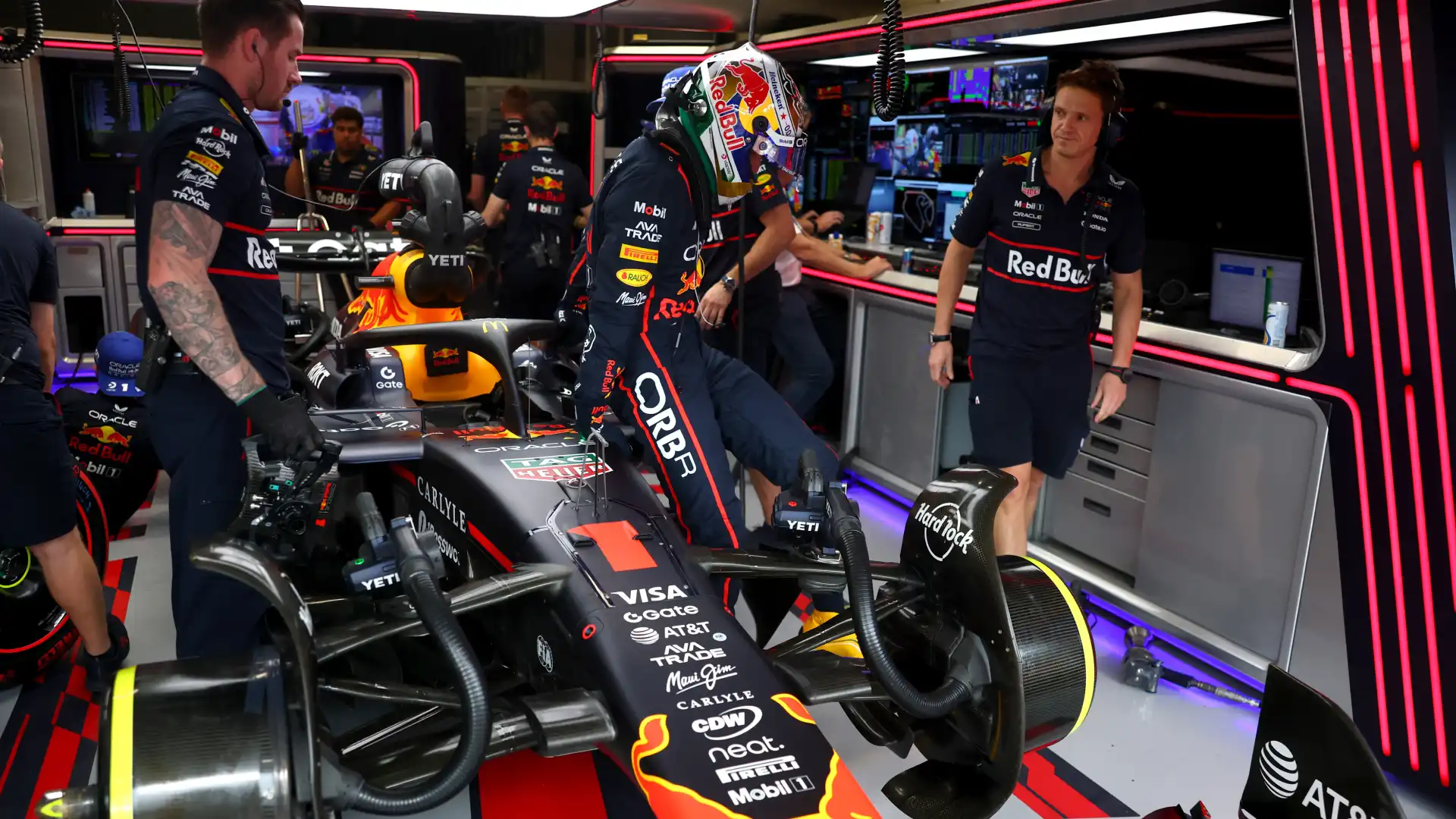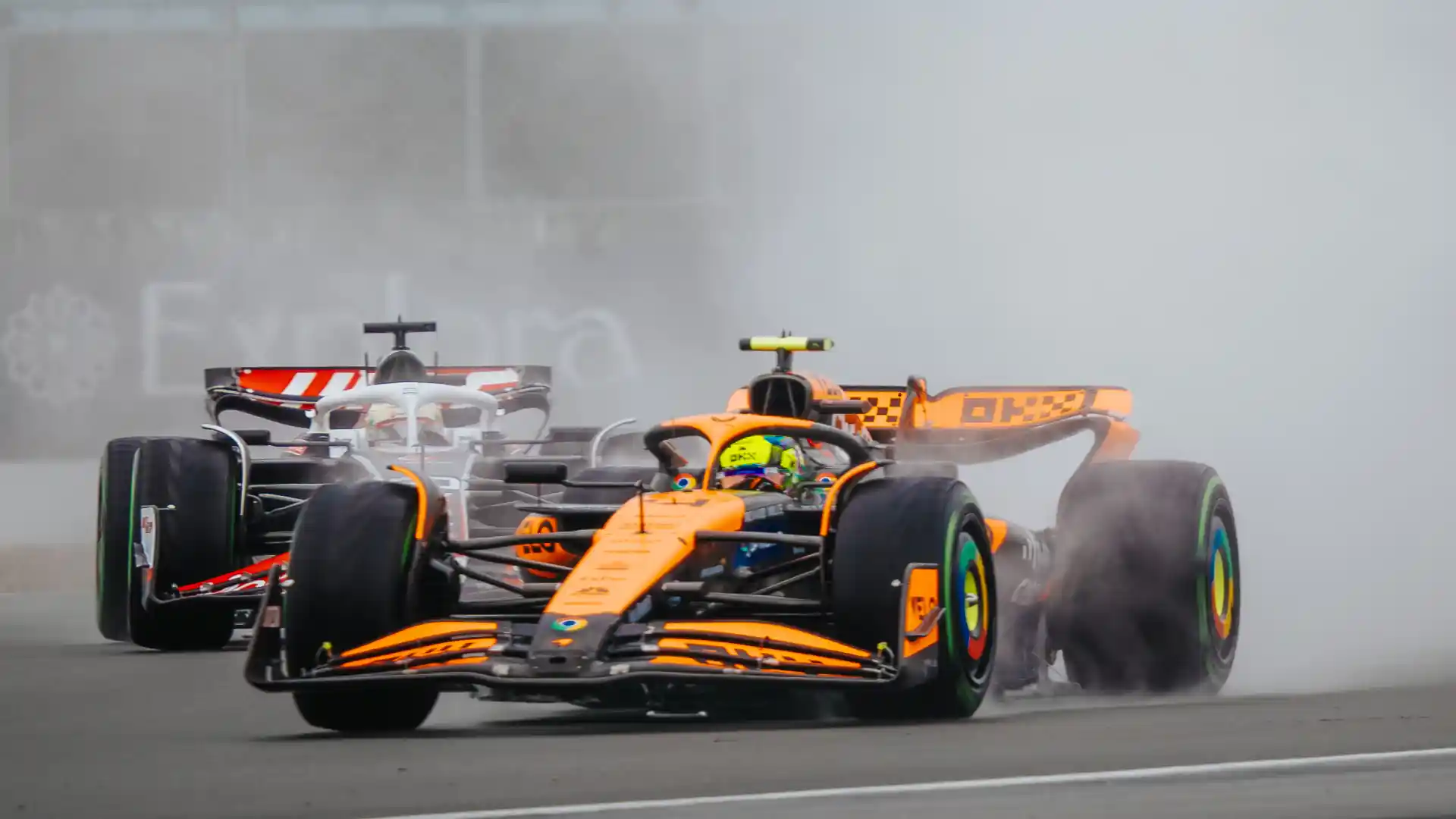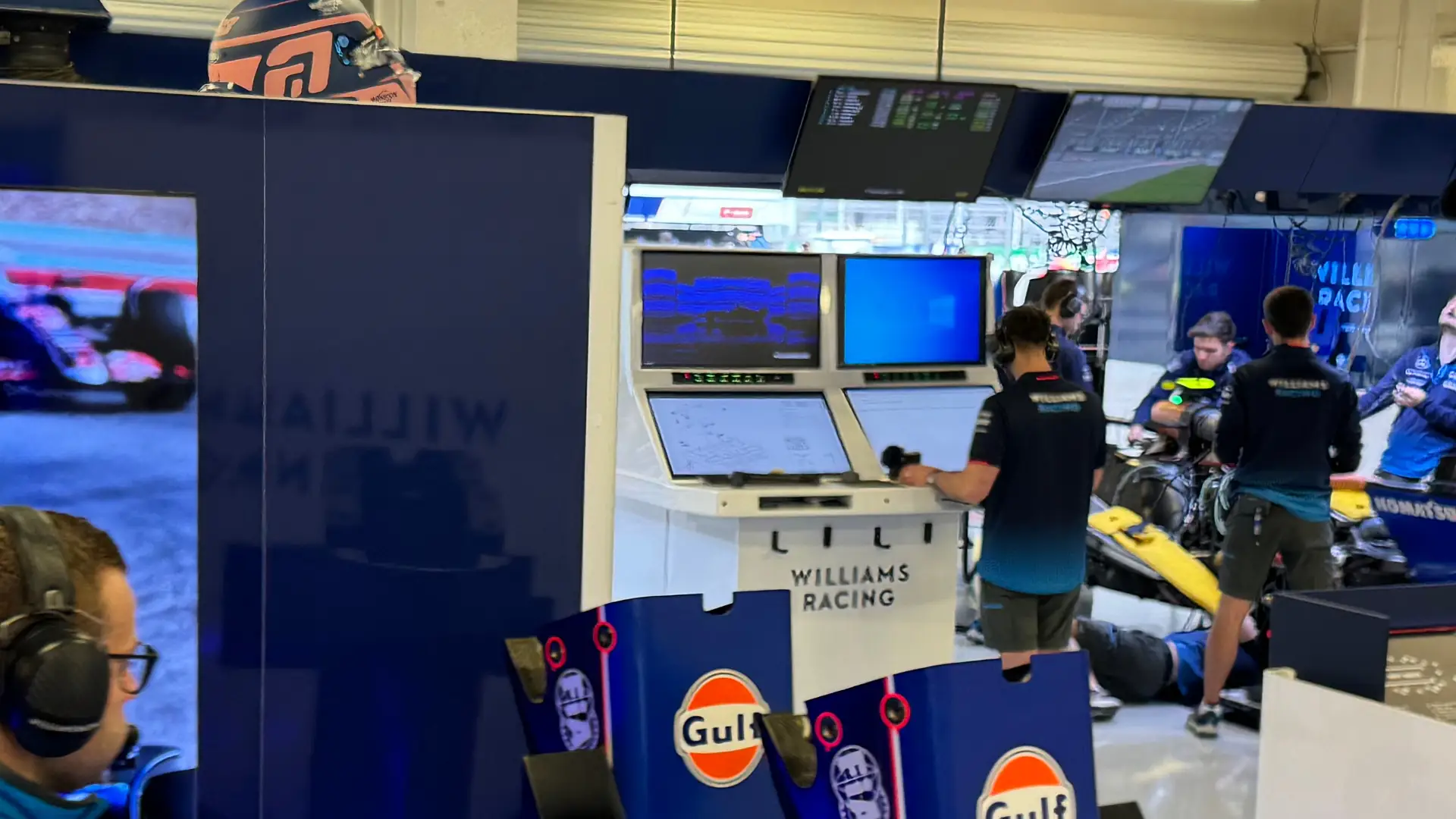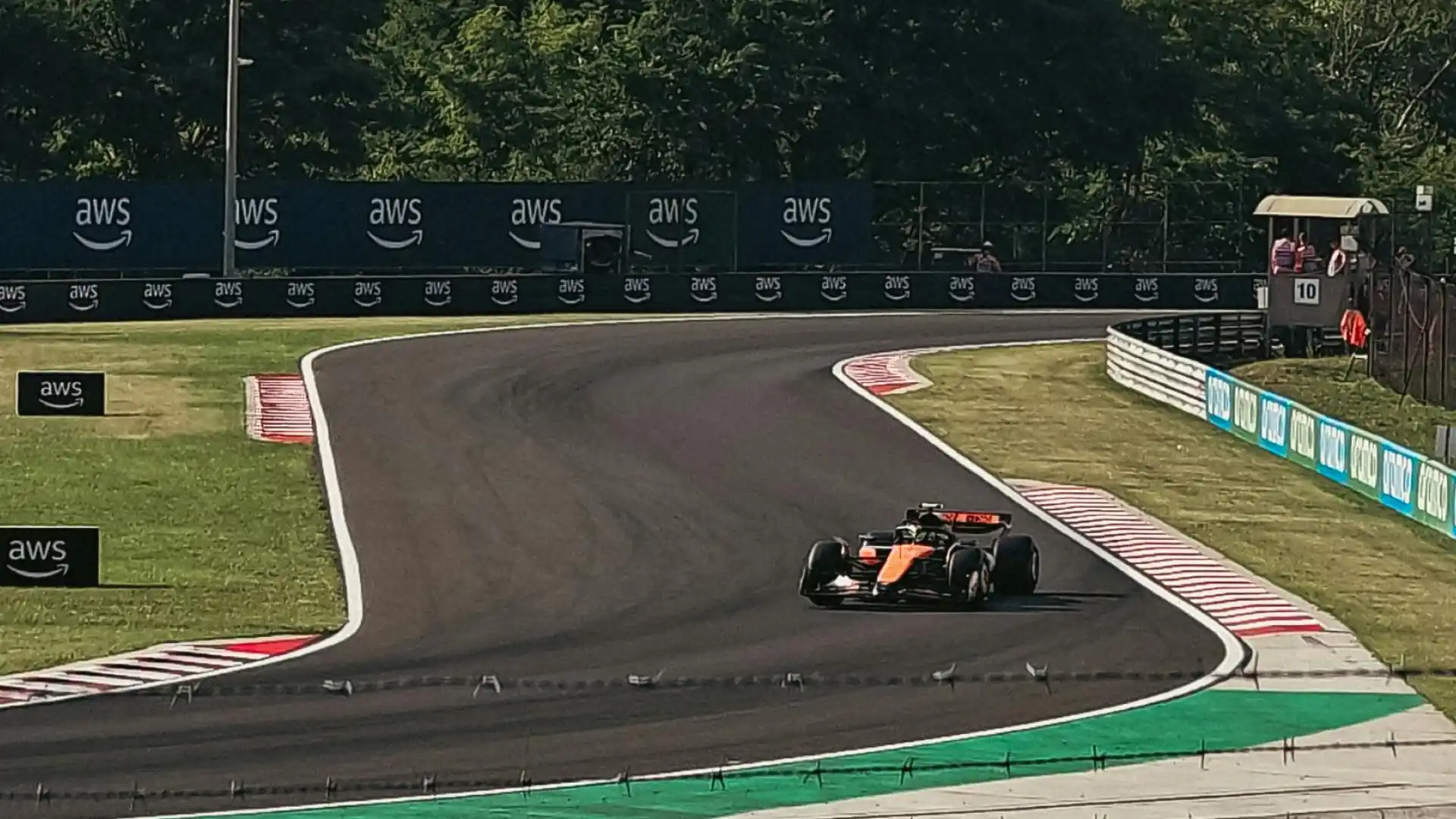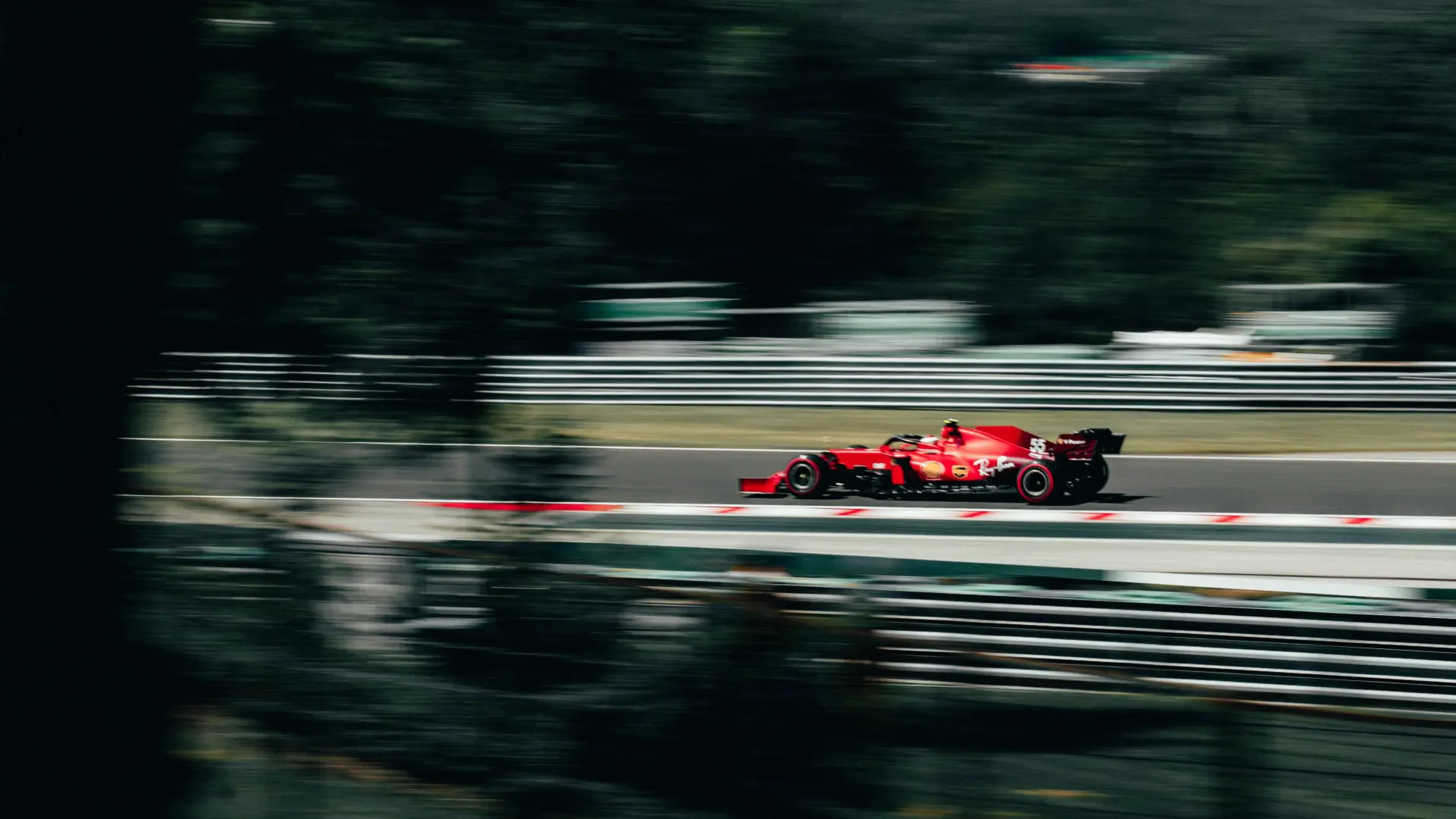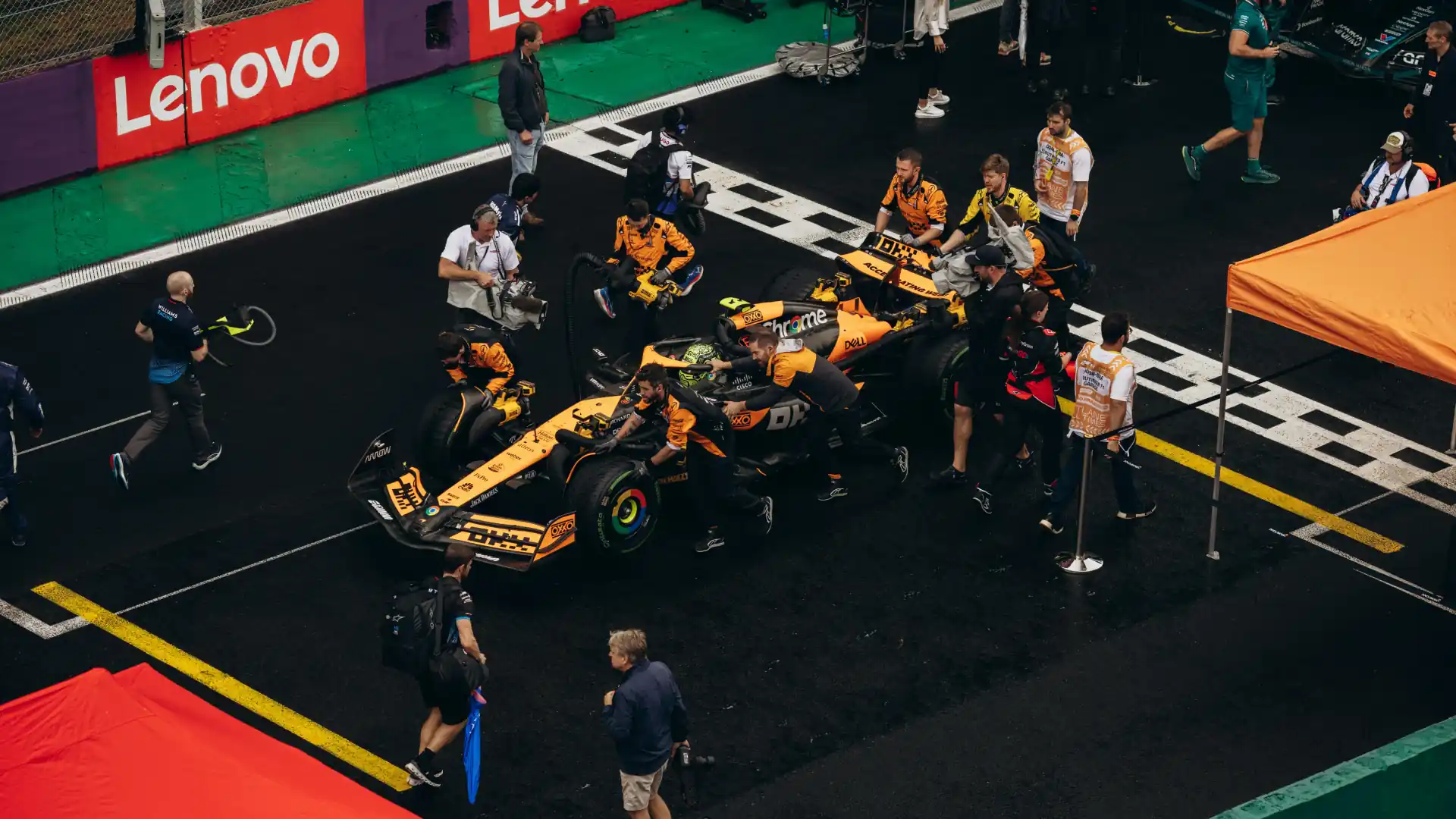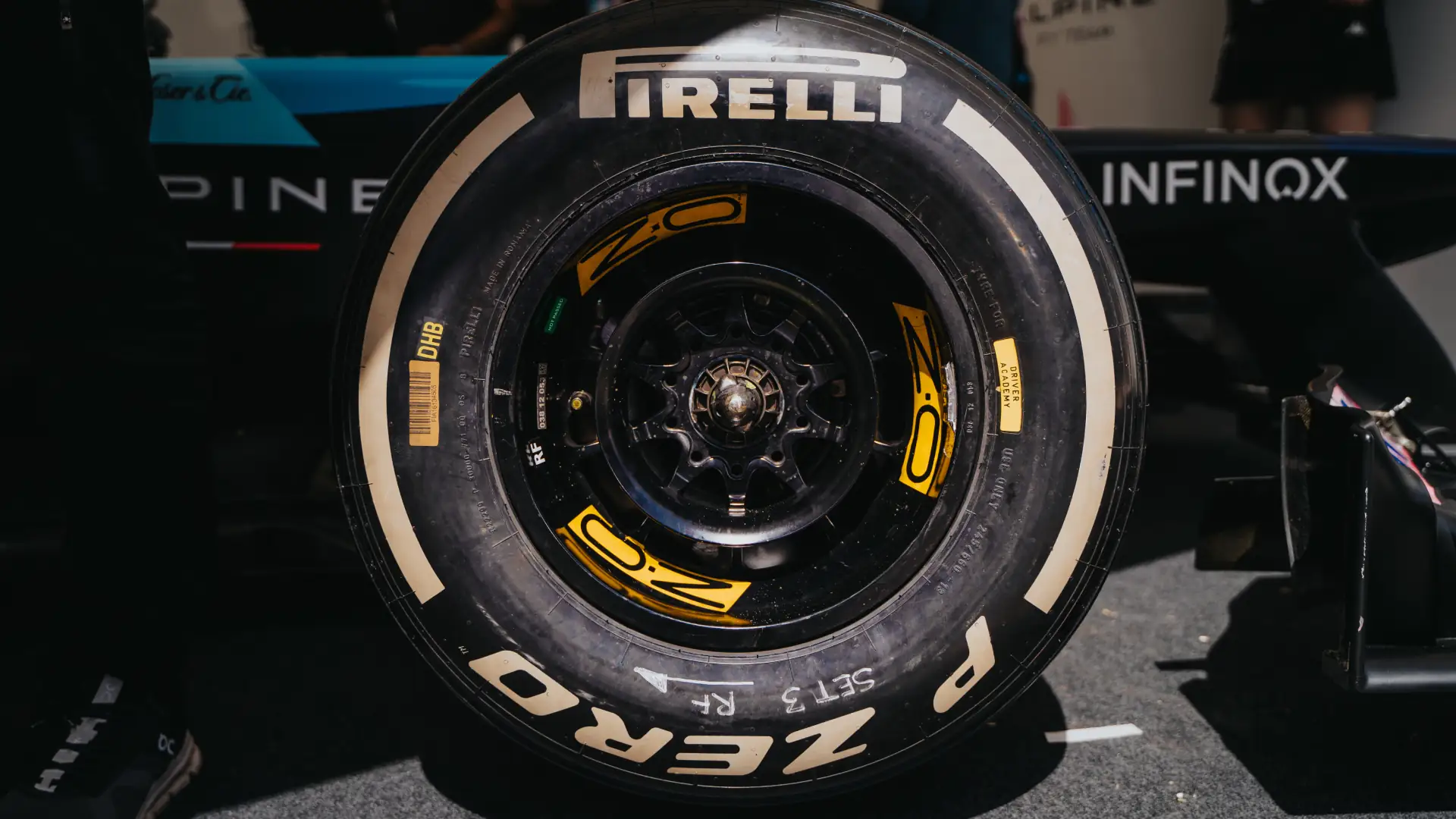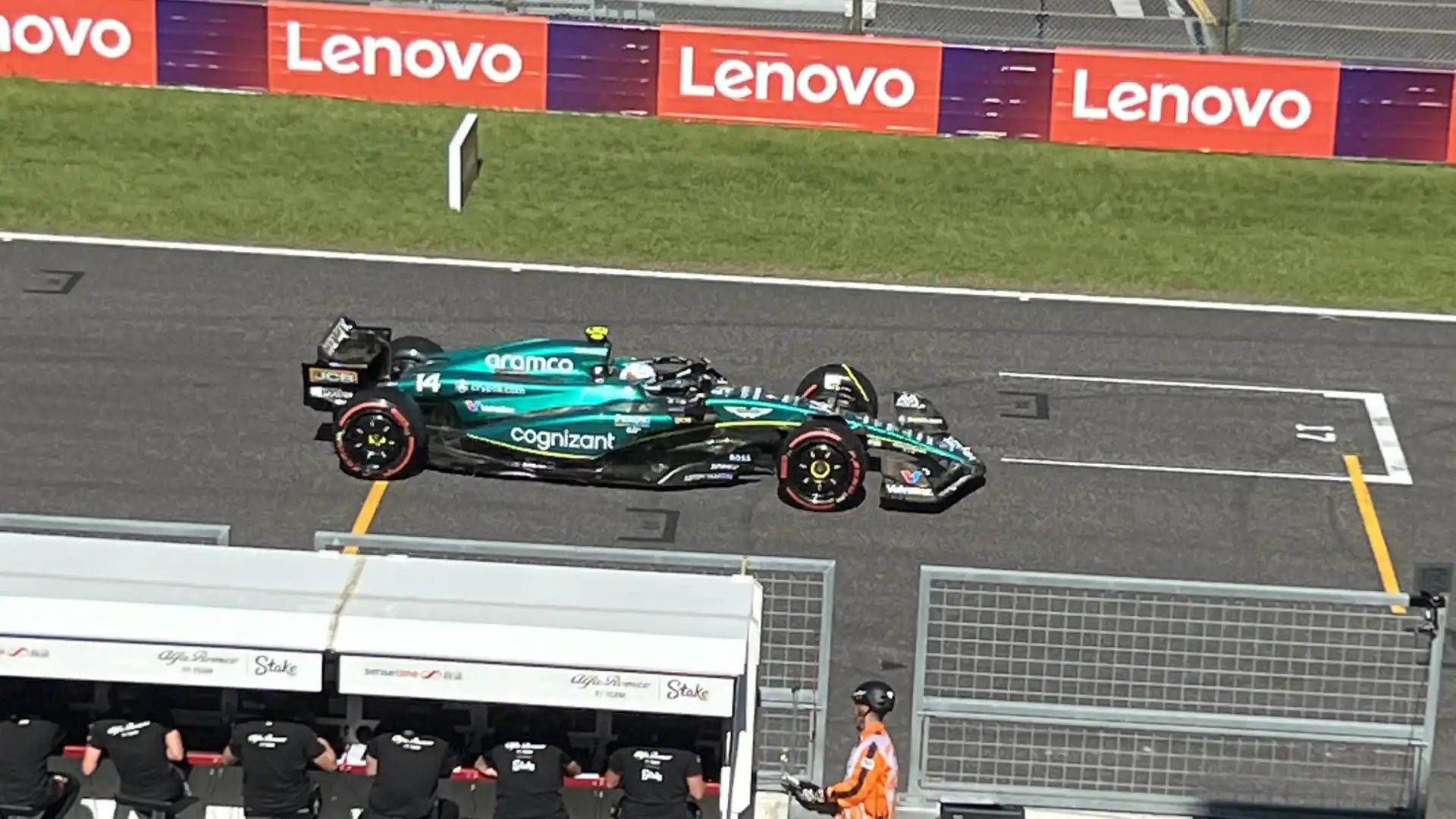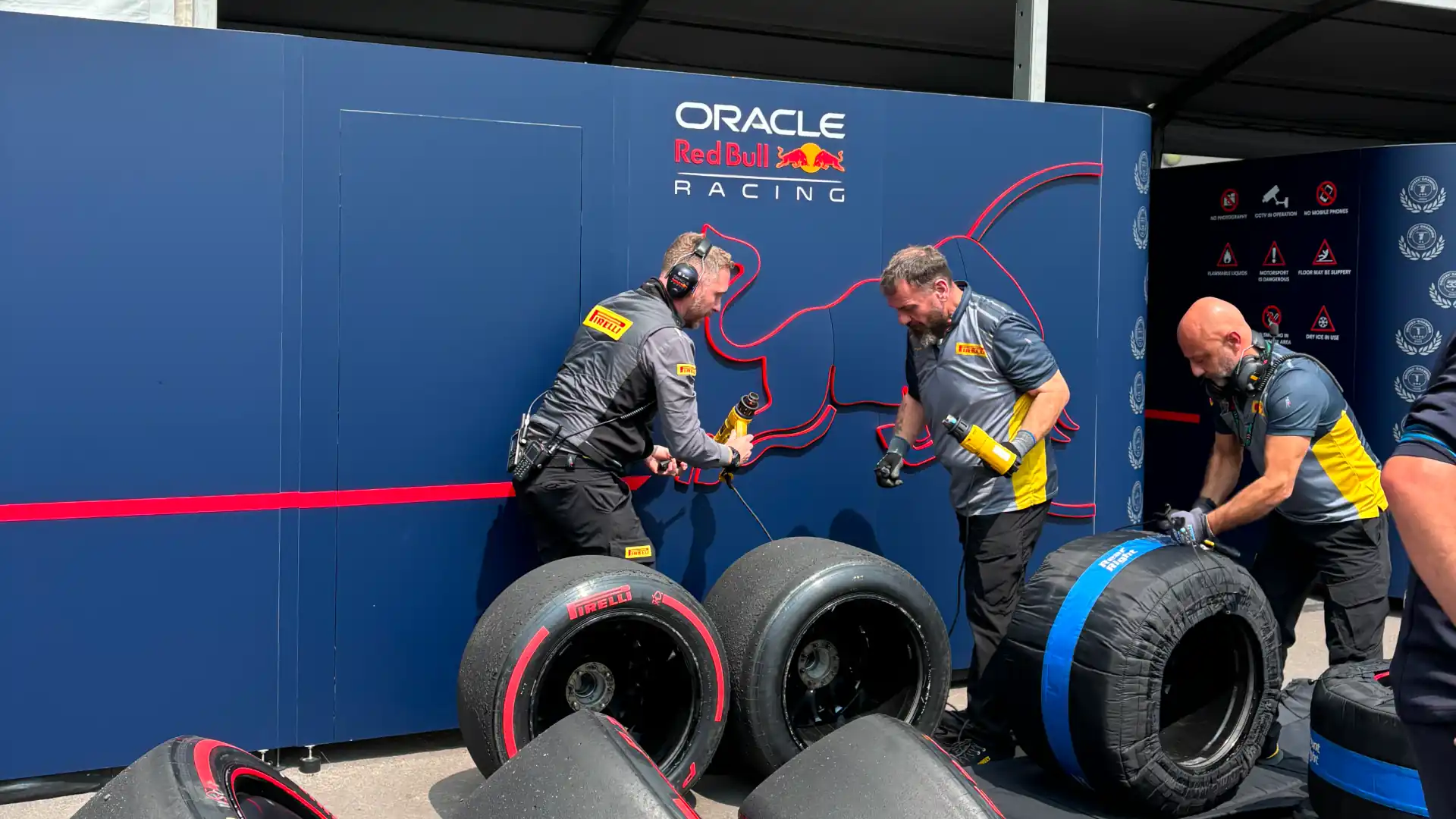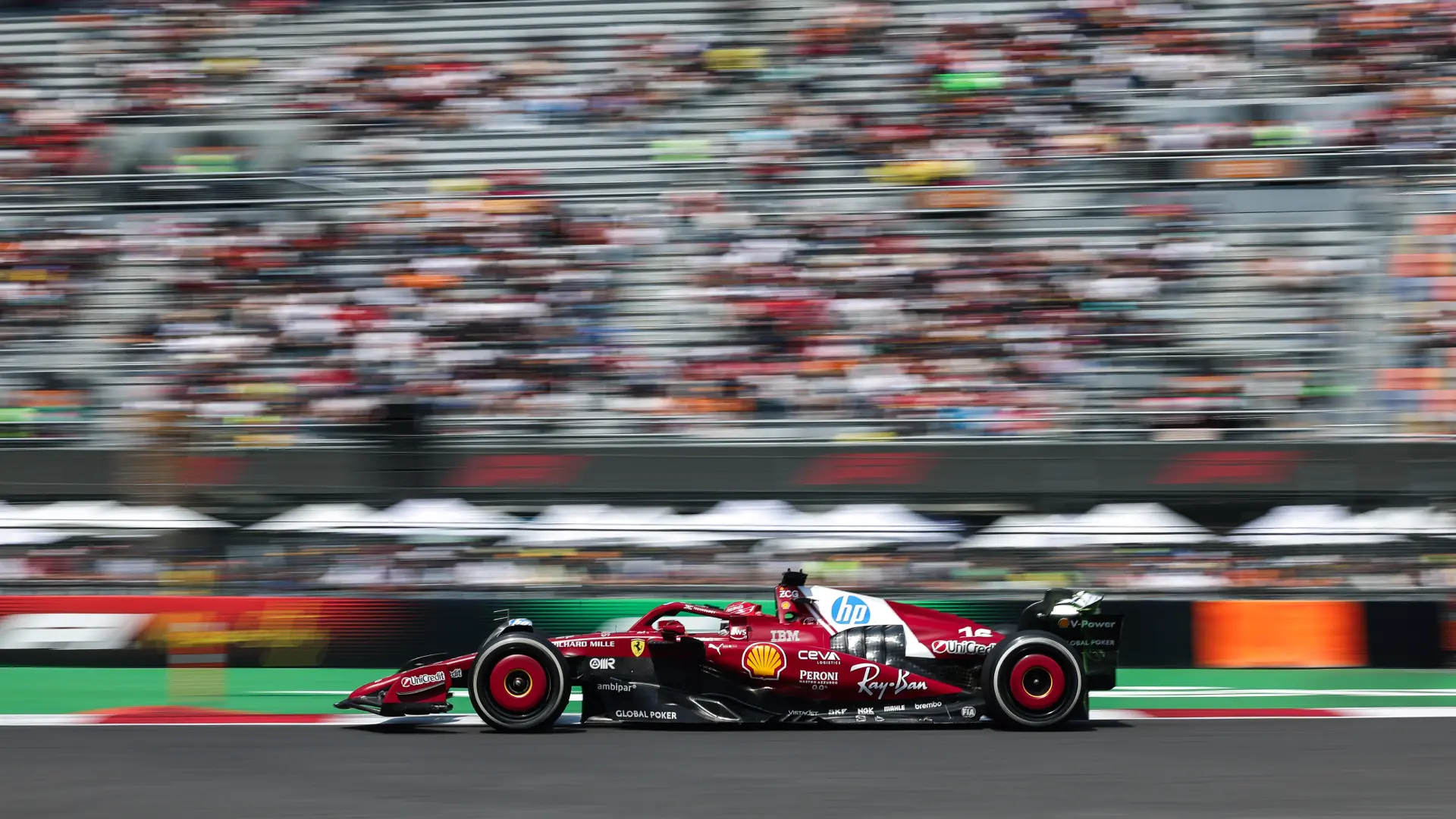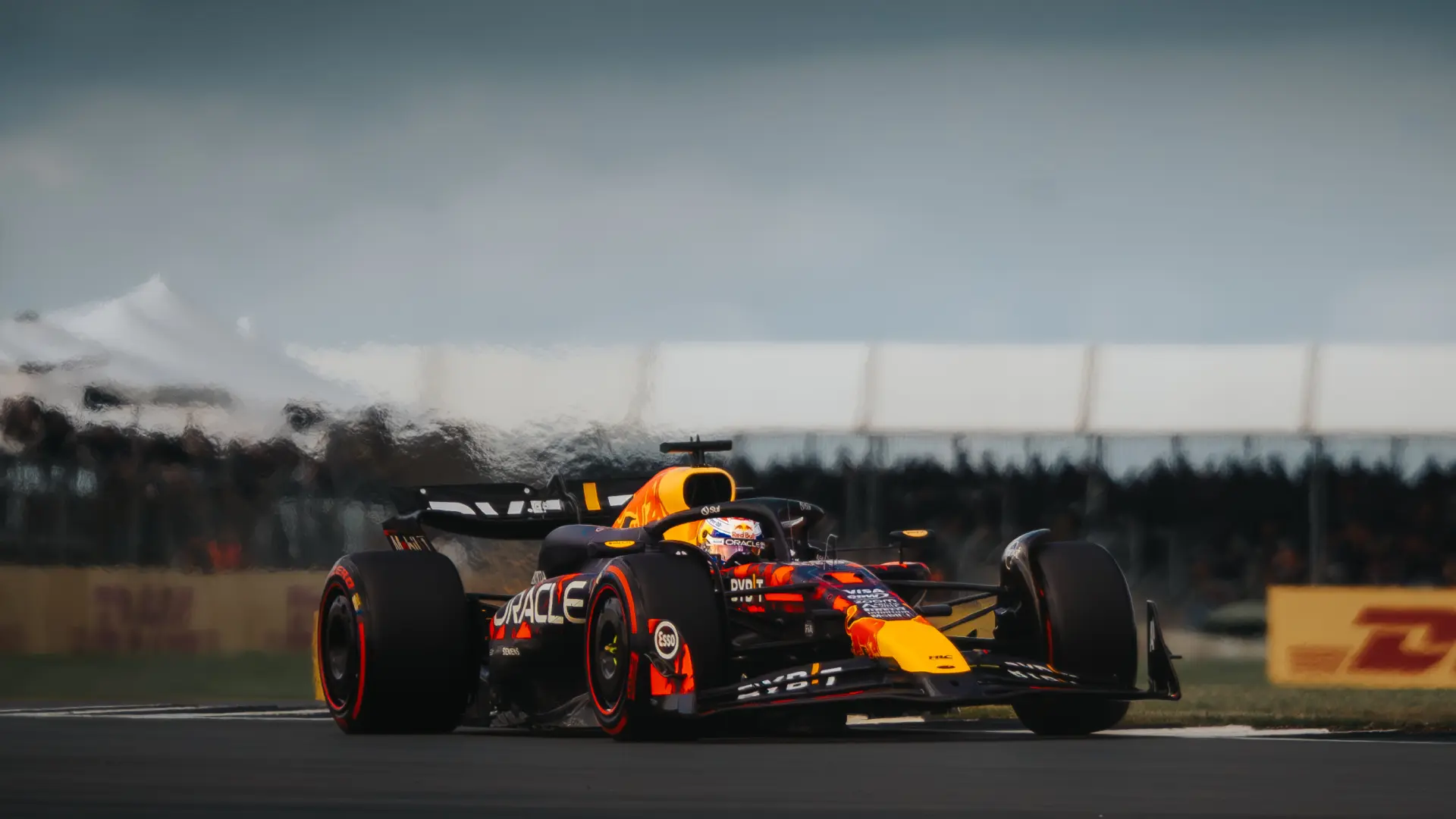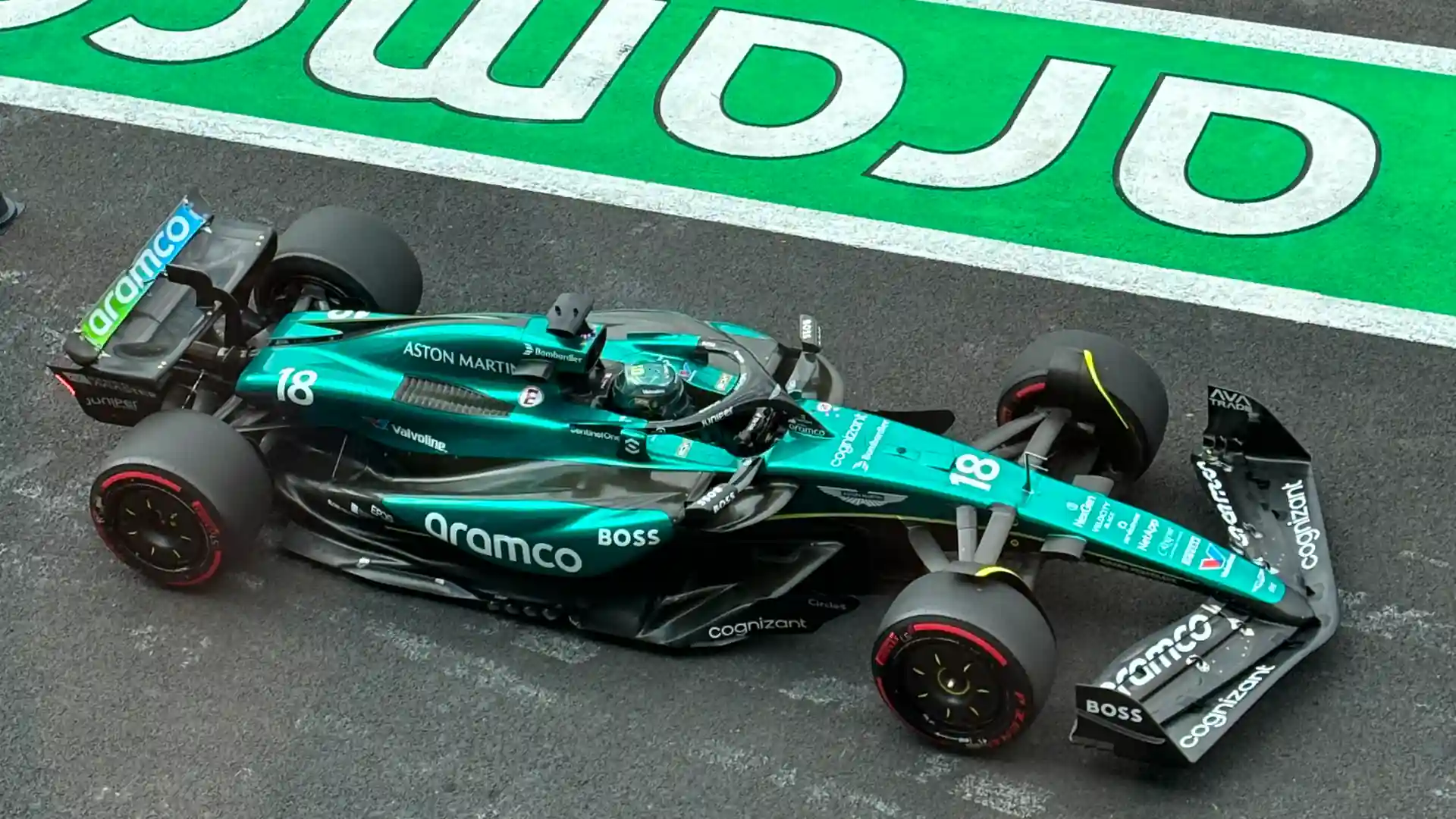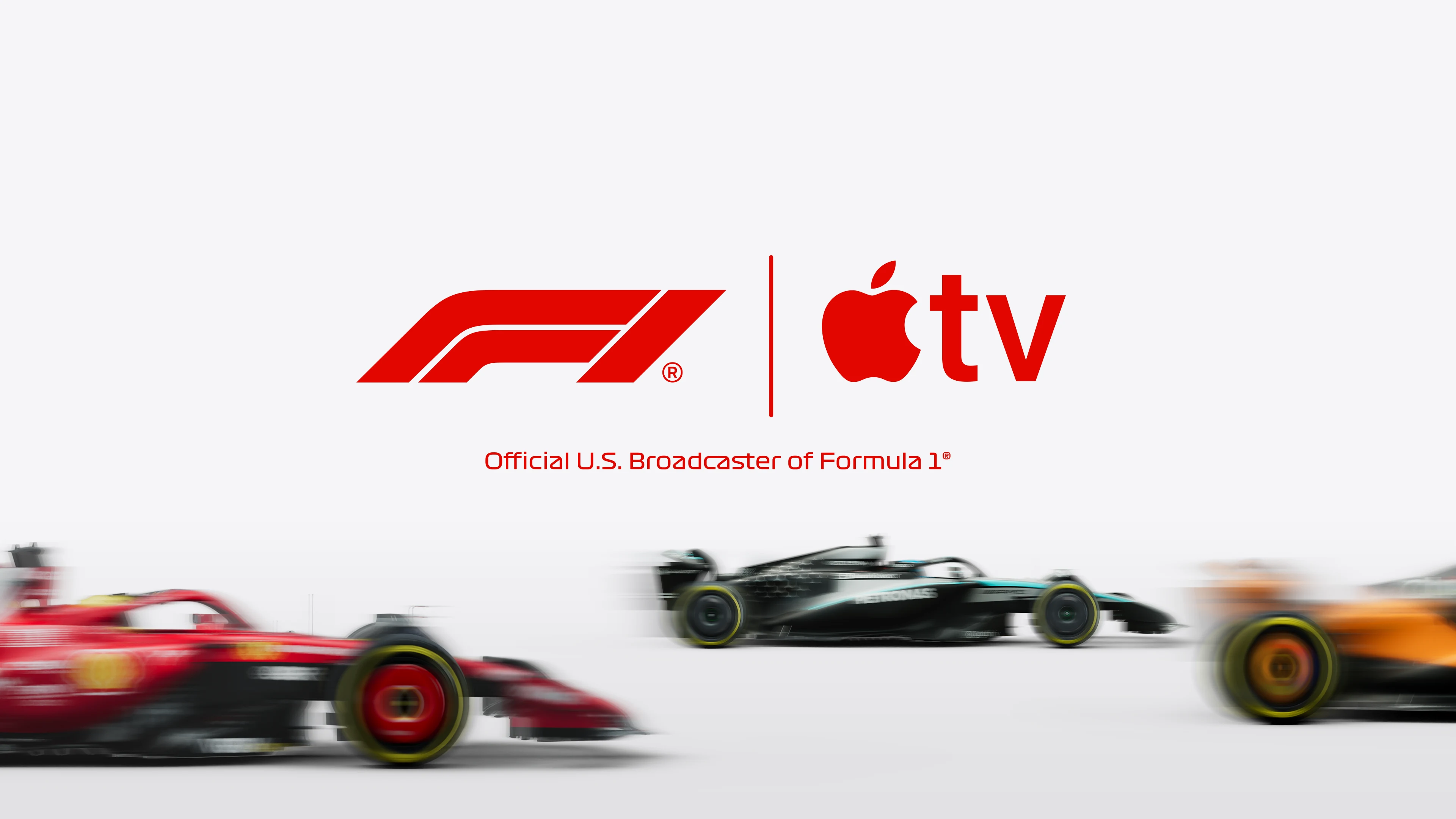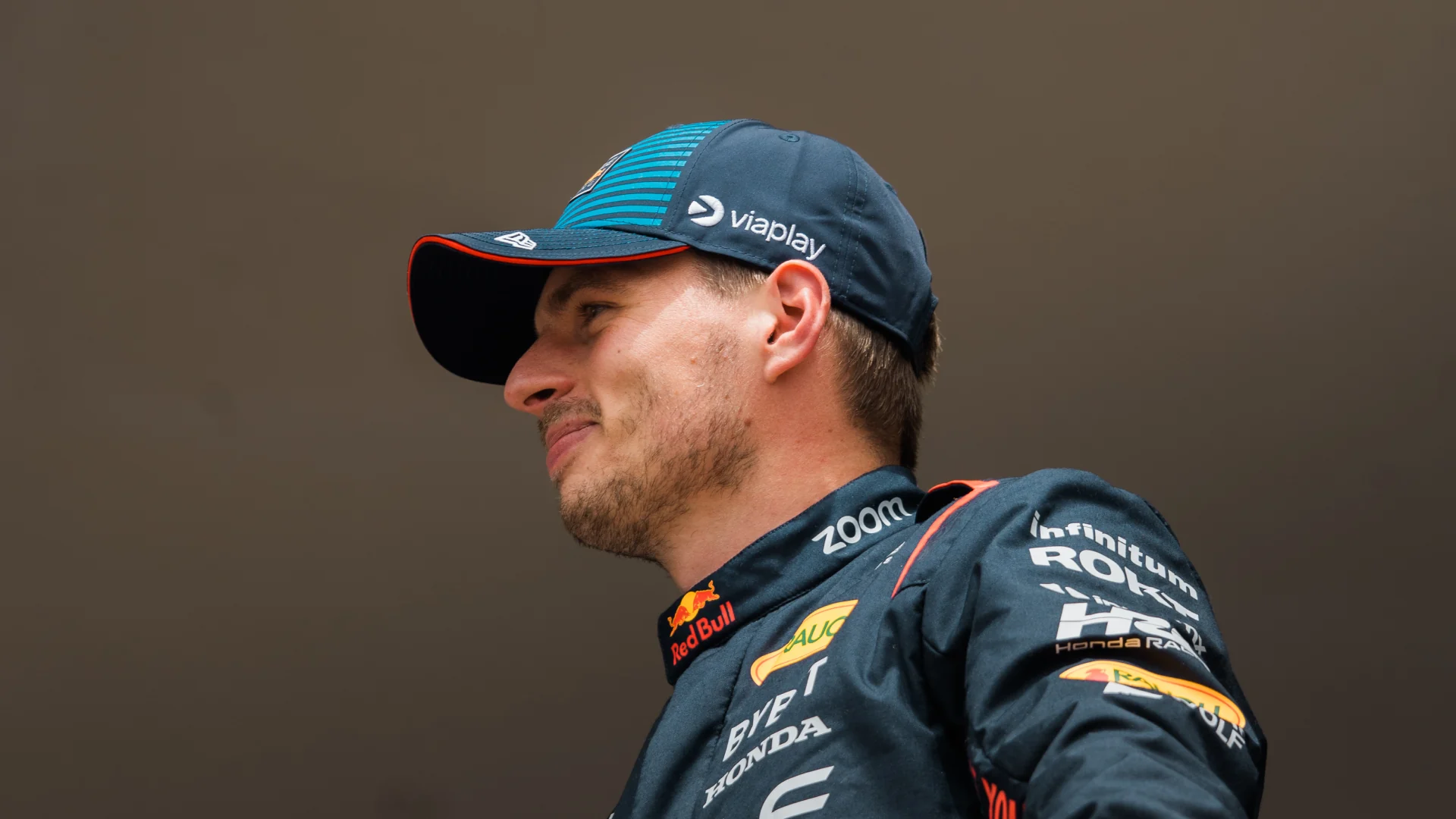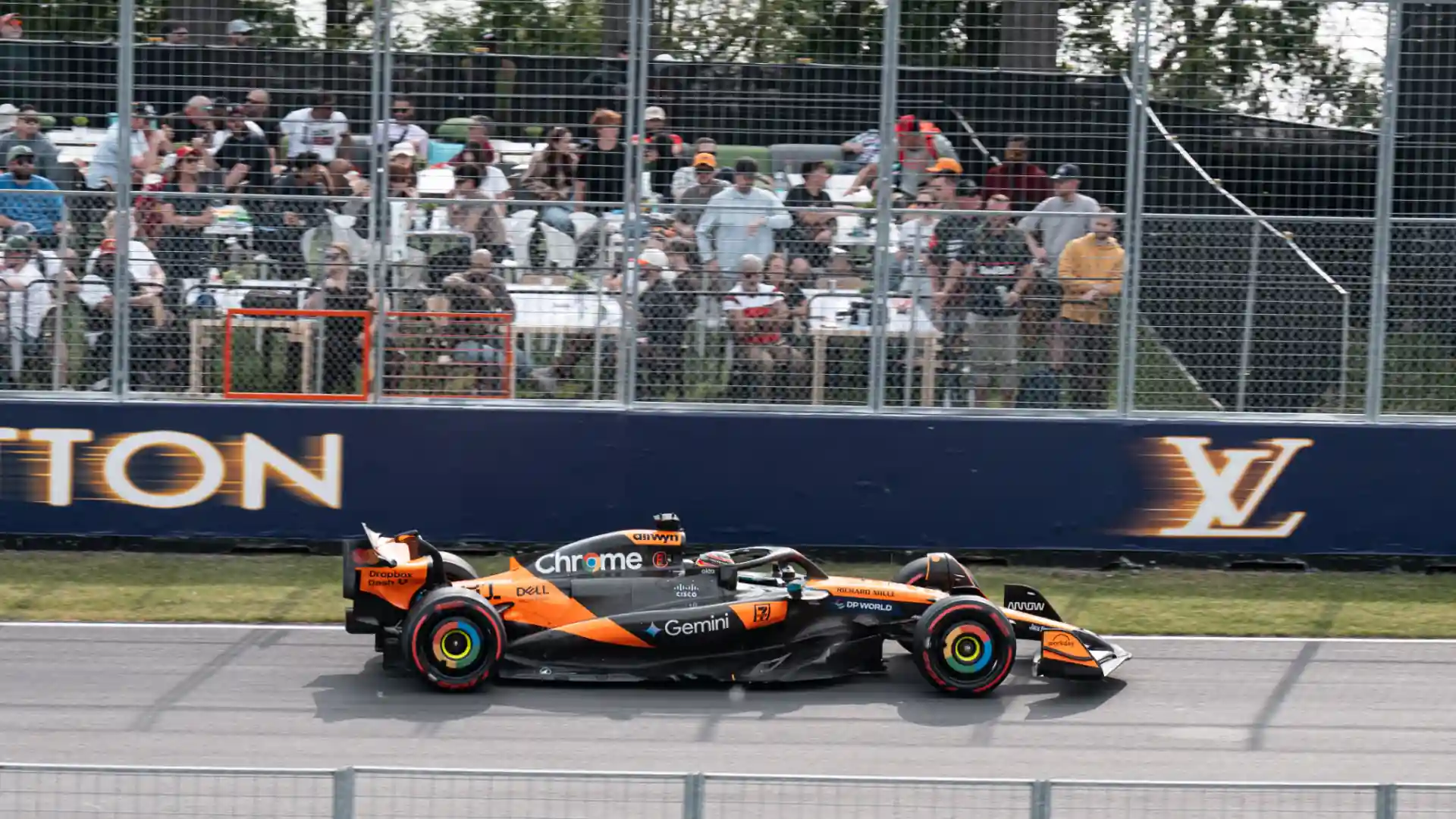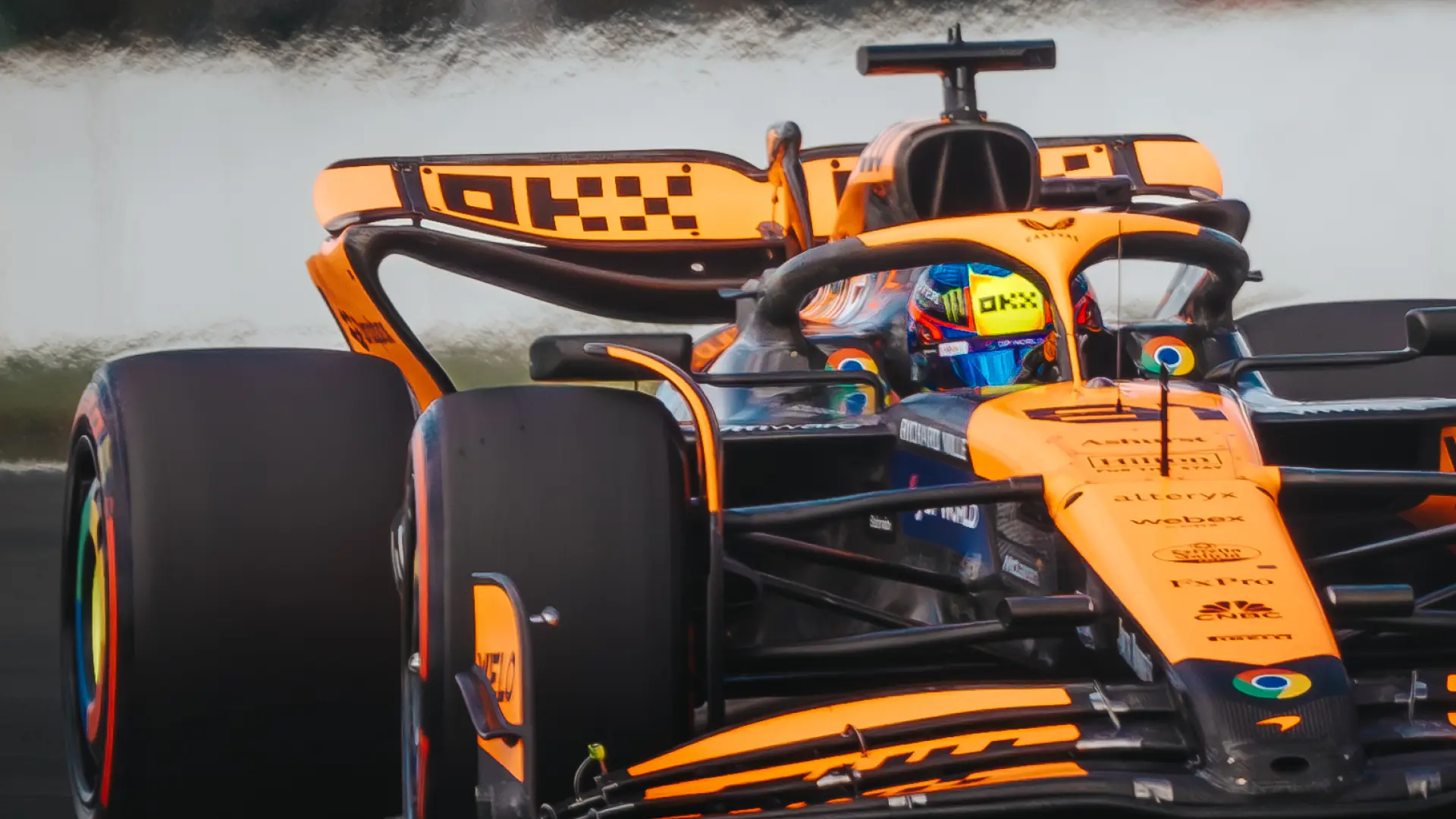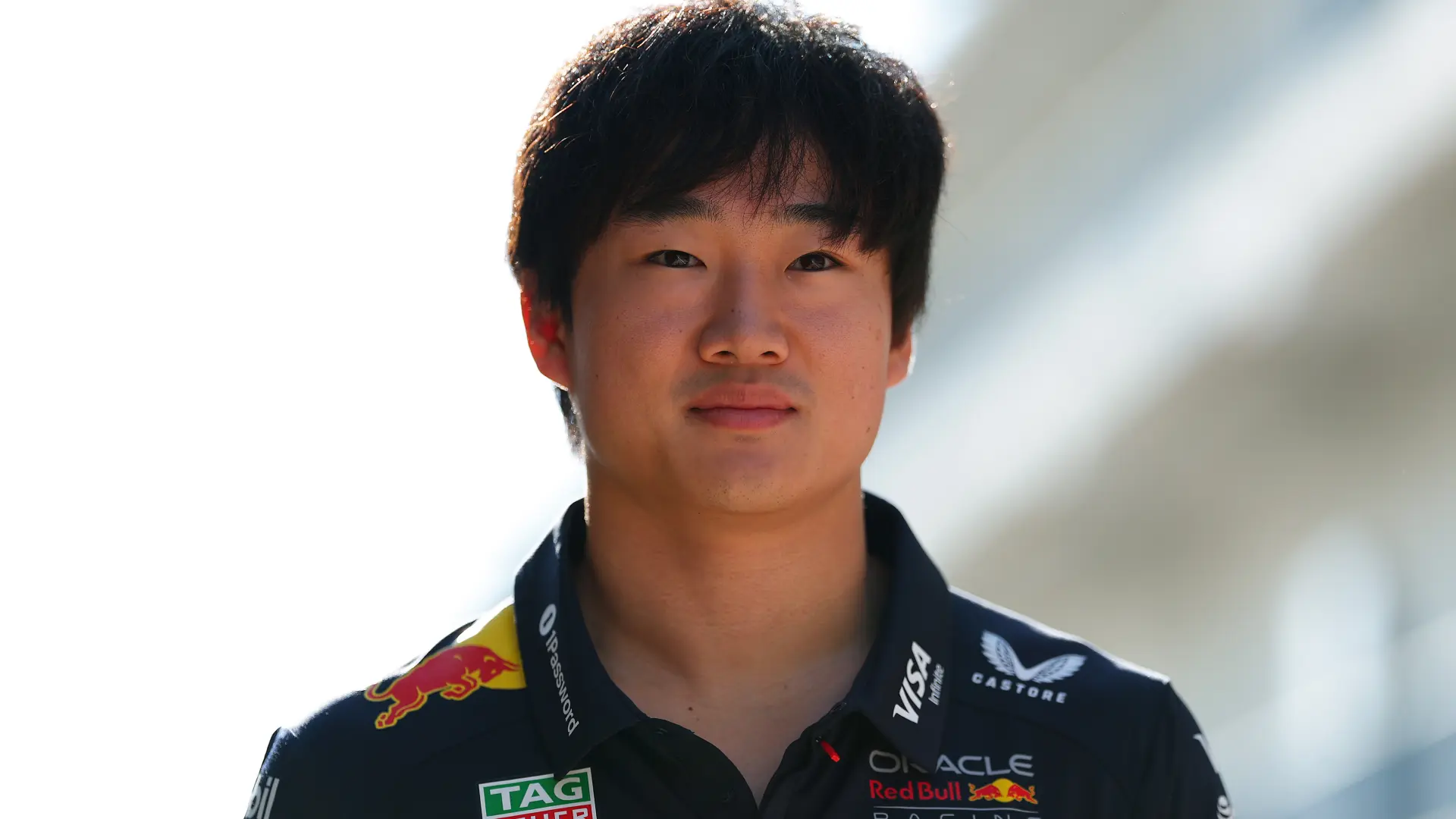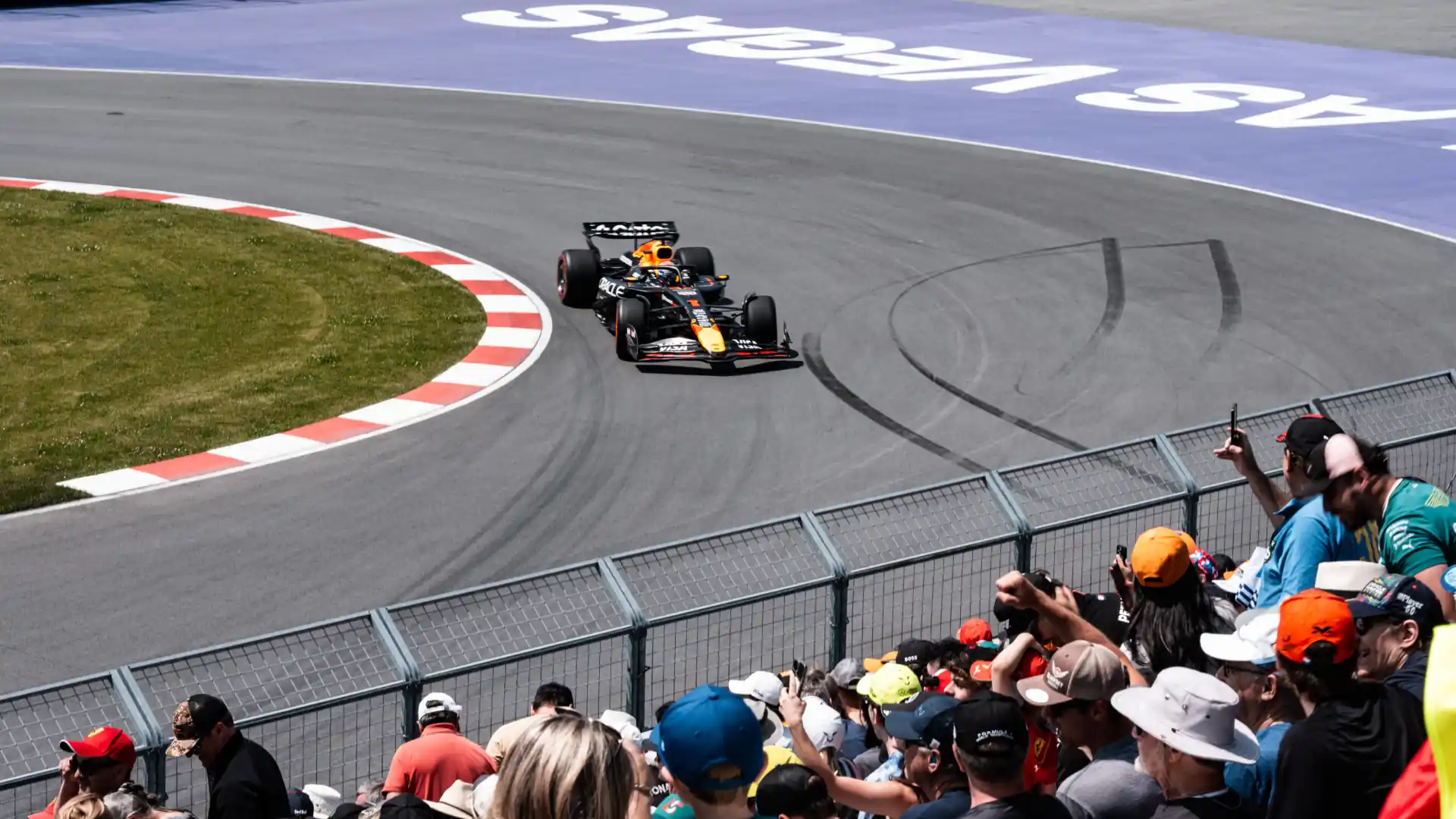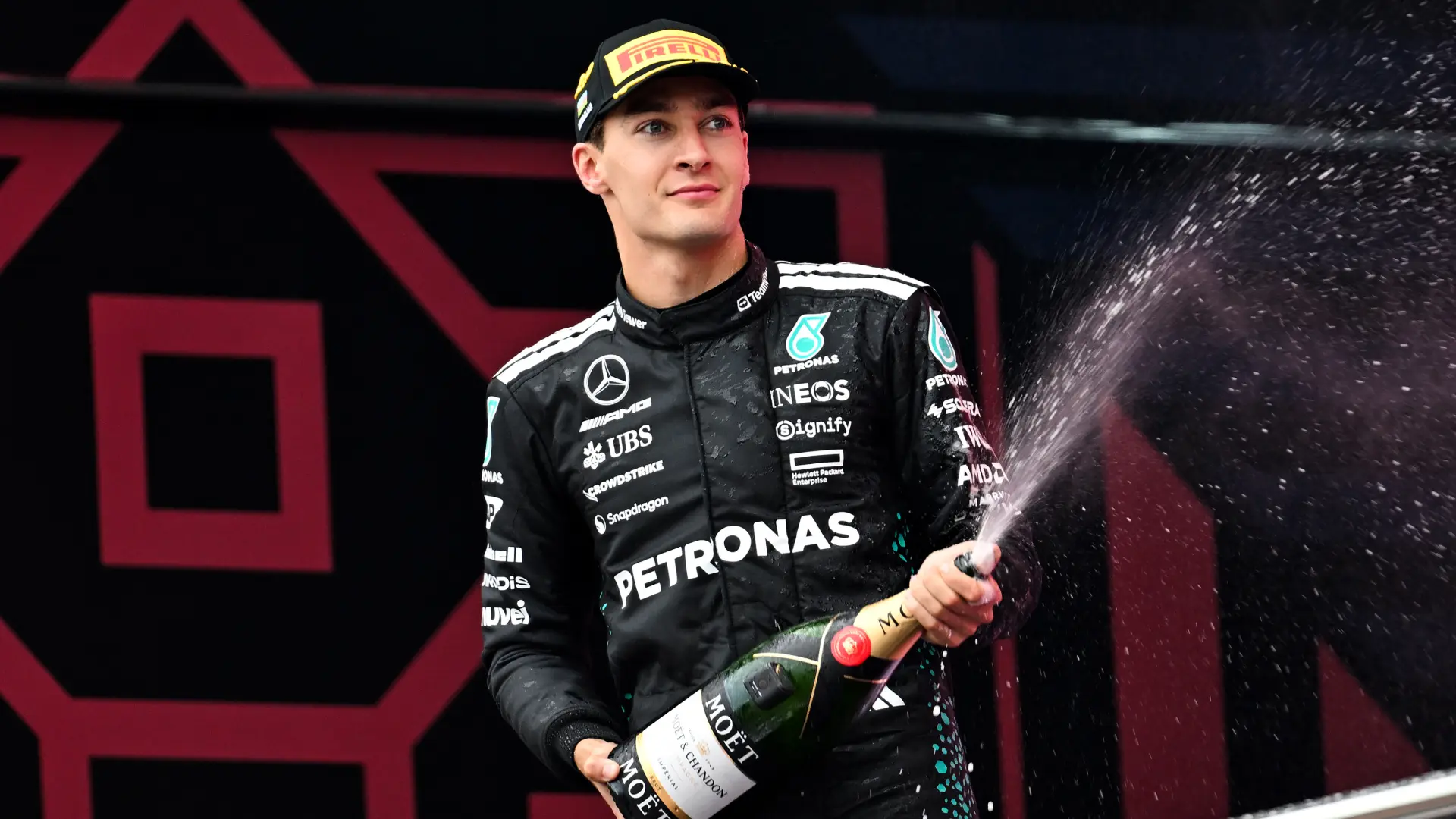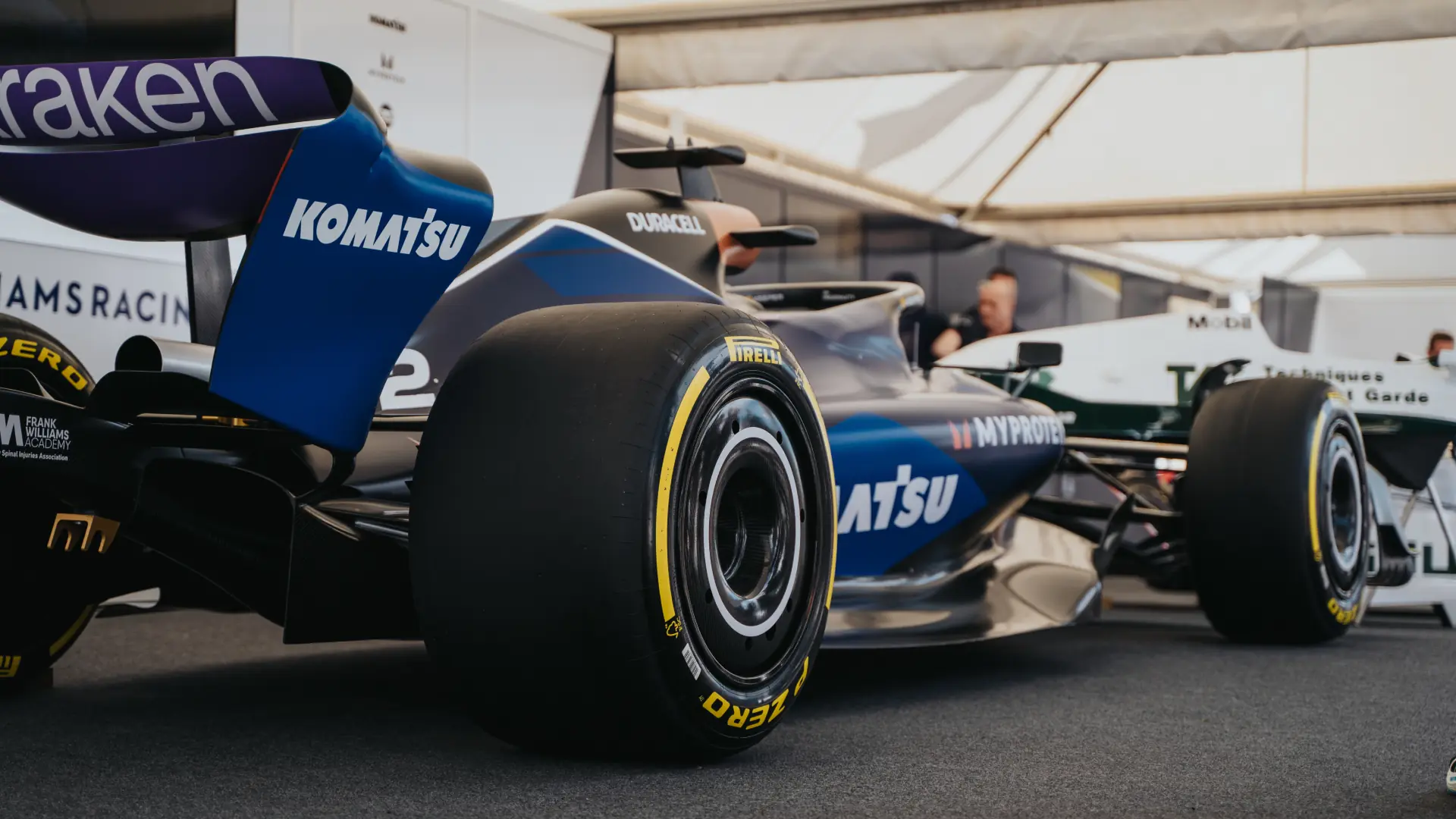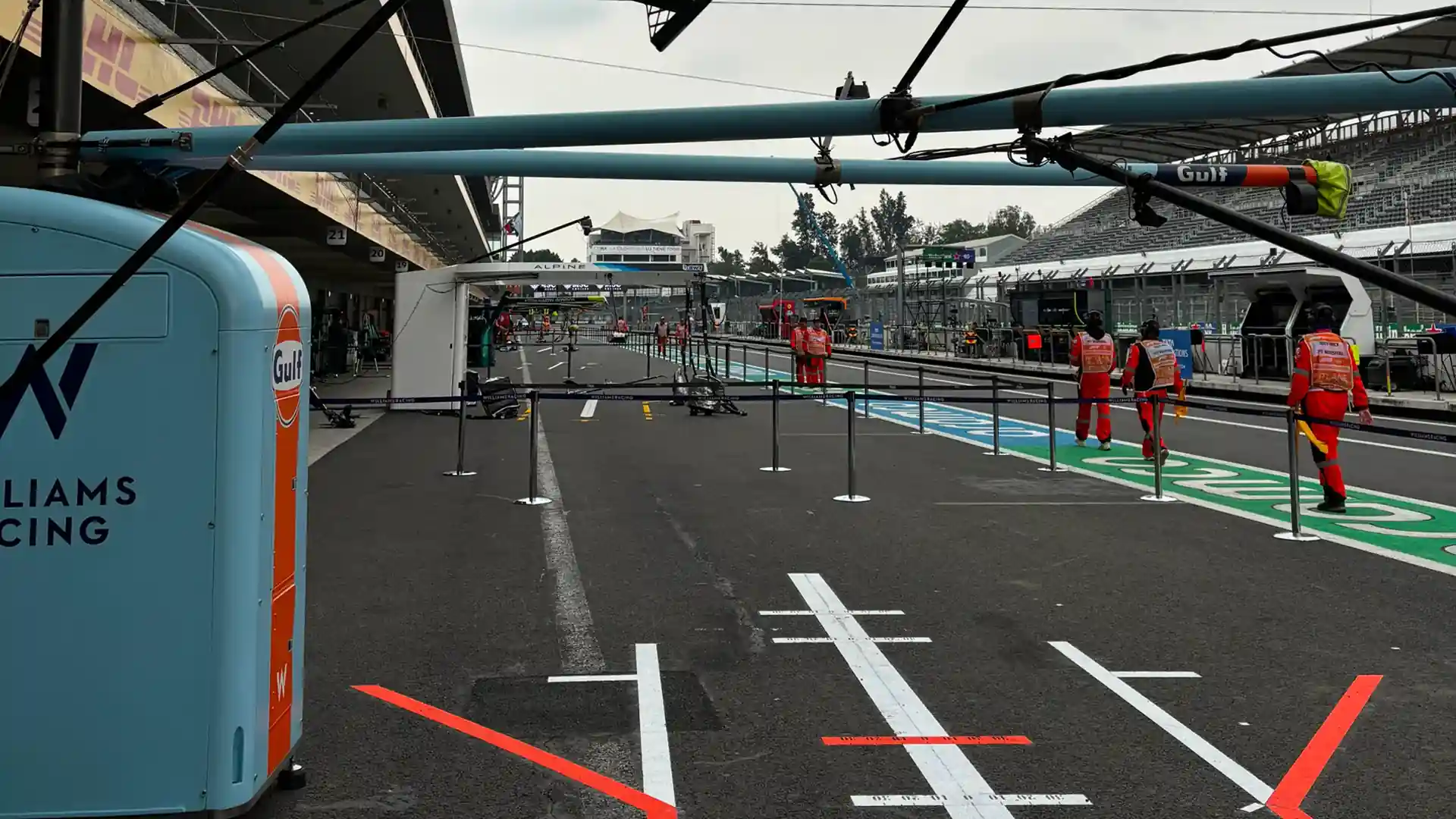Formula 1 introduced Sprint Races to its 'modern era' with the meteoric rise in popularity of the sport in America. The reviews have been mixed amongst F1 drivers, teams, and fans... so what is the reason that Sprint Weekends remain on the calendar and are GROWING in count?
Let's start off with 2 very real scenarios...
Scenario 1:
You're an F1 driver, pit crew member, team principal, hospitality worker etc... who has to work for 3 race weekends straight and now 2 of those 3 weekends will have DOUBLE the amount of qualifying sessions and DOUBLE the racing. DOUBLE the work to be done and DOUBLE the exhaustion.
Scenario 2:
You're a casual F1 fan who really only wants to watch a race - not practice or qualifying... you want MORE action! You just found out that the race you were intending on purchasing tickets to has not one but TWO days of racing! Suddenly, you're buying tickets to TWO days of racing instead of one.
These are the conflicting experiences of the F1 Sprint Weekend... Money and revenue vs well being and satisfaction.
Why were Sprint Races introduced to Formula 1?
To be blunt, sprint races exist simply to amplify the excitement of a weekend for fans watching and more importantly attending a race so that the series, promoters, and broadcast partners earn more revenue. The argument is that they offer more on-track action, and can attract more casual fans who want fast-paced sessions throughout the weekend - instead of a day dedicated solely to practice sessions. This is at least how F1 leadership sees the concept of a sprint...
Liberty Media, F1's owners, have championed the sprint format as a way to maintain viewer engagement across a three-day event, bolstering ticket sales and broadcast viewership. Stefano Domenicali, CEO of Formula 1, has been a major proponent of sprints, seeing them as a strategic method to enhance the appeal and engagement of F1 weekends,
“I think that the change we’ve introduced this year is the right one for many reasons. I think that we are not in a position to say that we’re going to be like MotoGP, for example, with a full race calendar situation of sprints. But there is margin to grow, maybe for one-third of the calendar. That could be a possibility," Domenicali told motorsport.com.
There is absolutely no sugar coating it - Sprint races were introduced as an opportunity to increase series revenue.
However, The FIA has taken a careful approach to the number of sprint events each season. In 2022, they delayed an increase to sprint races, citing the potential strain on teams and personnel. Nevertheless, sprints remain popular among F1 leadership, who believe they attract new fans and increase revenue through additional race content.
When were F1 Sprint Races introduced?
Sprint races are quite new to the F1 universe (at least in its current era). A sprint race itself is a shorter, 100-kilometer race format that allows drivers to push without the strategic demands of a full race (often excluding any pit stops), intended to spice up the weekend with a “flat-out” race format.
Here is a quick timeline of the Sprint Race introduction:
2021 F1 Season
Three sprint races
- British Grand Prix at Silverstone
- Italian Grand Prix at Monza
- Brazilian Grand Prix at Interlagos
**Mohammed Ben Sulayem (Head of the FIA) blocks expansion in 2022 so that a balance can be struck between the increasing standard calendar, more rest for team members, FIA governance and coverage, and increasing sprint count.
2022 F1 Season
Three sprint races
- Emilia Romagna Grand Prix at Imola
- Austrian Grand Prix at Red Bull Ring
- Brazilian Grand Prix at Interlagos
2023 F1 Season
SIX sprint races
- Azerbaijan Grand Prix in Baku
- Austrian Grand Prix at Red Bull Ring
- Belgian Grand Prix at Spa
- Qatar Grand Prix (NEW race)
- US Grand Prix at COTA
- Brazilian Grand Prix at Interlagos
2024 F1 Season
SIX sprint races
- Chinese Grand Prix in its return to F1
- Miami Grand Prix
- Austrian Grand Prix at Red Bull Ring
- US Grand Prix at COTA
- Brazilian Grand Prix at Interlagos
- Qatar Grand Prix
With measured success across the initial sprint weekends introduced in 2021 and 2022, the sprint calendar quickly doubled in size - with significant pushback from drivers and teams that we will expand upon shortly.
How do Sprint weekends work?
The sprint weekend format has been refined each year, with each modification aiming to enhance the competition and audience engagement.
In 2021, sprint results determined the starting grid for Sunday’s Grand Prix.
One of the largest pushbacks around the initial format was that any damage incurred during the Sprint would dramatically impact the main race. So drivers would generally play it very safe...
“You cannot take too many risks because you can be heavily affected trying to pass people. It’s not like the actual race. "You hardly gain anything, but you can lose a lot," said Sergio Perez when asked about the Sprint format.
Now that doesn't sound like the "added action" Liberty Media was looking for... so by 2023, F1 redefined the sprint as a standalone event.
The Saturday sprint became an independent race with its own qualifying session, called the Sprint Shootout, which sets the grid for the sprint only and does not affect Sunday’s lineup. This division helped balance risks for teams, as a sprint collision would no longer impact the race grid.
What does this mean for F1? More action!
What do F1 Drivers think of the Sprint?
There have been mixed reviews. While the drivers will continue to race in the Sprint format for the forseeable future - these additional races have been met with a LOT of backlash including that of World Champion Max Verstappen. While there was much more criticism in 2021 and 2022 due to the damage component of Sprints affecting the main race, there are still a lot of critiques during the 2024 season.
"Just scrap the whole thing," said Max Verstappen in 2023. "I think it's just important to go back to what we have, and make sure that every team can fight for a win, that's what we have to try and aim for and (not) try to implement all this kind of artificial excitement."
Max has been one of the most vocal opponents to the Sprint weekend altogether. Meanwhile, Carlos Sainz specifically critiqued the amount of track activities and the need to find a balance for drivers and teams.
“The amount of media that we are facing every day, and the amount of time that we are spending at the track in meetings and activities has increased a lot, even as we are going towards a higher number of races. So, we are going to need to find a way to control this in a more efficient way, let’s say.”
From a completely different lens, Fernando Alonso has taken a much more 'corporate' stance:
“I think this format is made for the fans, to improve the spectacle and to attract different and new fans to the sport. So I think we should ask them and see what they think. What did they think of the weekend, what went well, what didn’t go well? And if we have to change something, they have to decide. Because I think for the teams it wasn’t better, it wasn’t worse. It was just different. So I think we have to put the fans first. And they have to tell us what they didn’t like and try to improve it.”
Generally younger drivers like Oscar Piastri, Lando Norris, and George Russell left positive feedback for the new ability to score a few more points across a weekend and entertain more fans. Overall, drivers tend to weigh the risks of sprint racing against the excitement it brings, with many feeling that while it adds spectacle, it can also bring unnecessary pressure and logistical challenges that must be properly managed.
Have Sprint Races actually increased revenue and viewership?
There is still debate about Sprint Race's long-term impact. Mohammed Ben Sulayem, FIA President and F1 executives appear open to more sprint weekends, as long as the balance between financial benefits and team welfare is maintained. Even so, the FIA President has changed his tune about Sprint Races, perhaps for other reasons.
More points and more races means more revenue for the FIA. During the 2023 season, there was an opportunity for 108 extra points which nets out to nearly $1M in additional revenue for the FIA.
But does this translate at all to the initial goal of increasing revenue and attendees for the series itself? That's a complicated answer.
The most recent evidence of any ticket sales impact was the US GP at COTA this year. Ticket sales for Saturday (day of the sprint) were higher than previous years, but other factors including a highly anticipated Eminem concert may be the actual reason behind this ticket spike.
Similarly, when you look at the 2023 season, ticket sales for sprint weekends did NOT increase. Circuit of the Americas (COTA) Chairman Epstein said
“It didn't help. It's a surprise. You have to decide at what point are people coming for the event, which I think our fans are coming for the event, as much as they are for the sport. So, I think it still remains to be seen whether the sprint race is something the fans are embracing, or it's more controversial."
At the end of the day, Formula 1 and the FIA must weigh potential sprint expansions against the physical demands on drivers, team staff, and logistical challenges. With the calendar already expanding, sprint races add complexity to an already intense schedule, meaning future decisions will likely depend on ongoing discussions between F1, the FIA, and the teams. Considering there is not a measurable impact on ticket sales, thus far, I can safely say the future of Sprint Weekends is uncertain. For now, the 2025 season has already announced 6 sprint races, but will this continue into the 2026 season with the new era of Formula 1 on the horizon?
.webp)
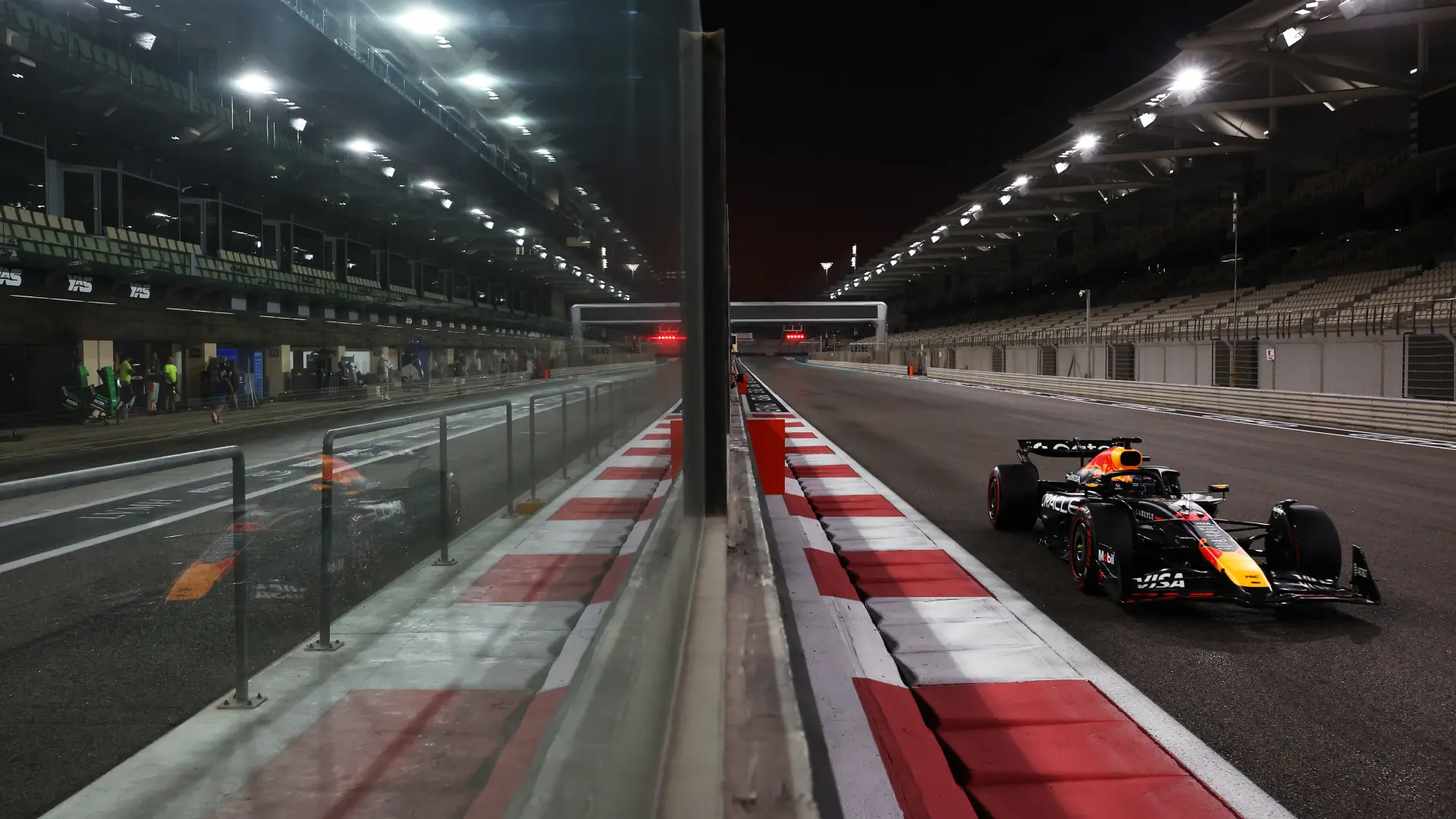
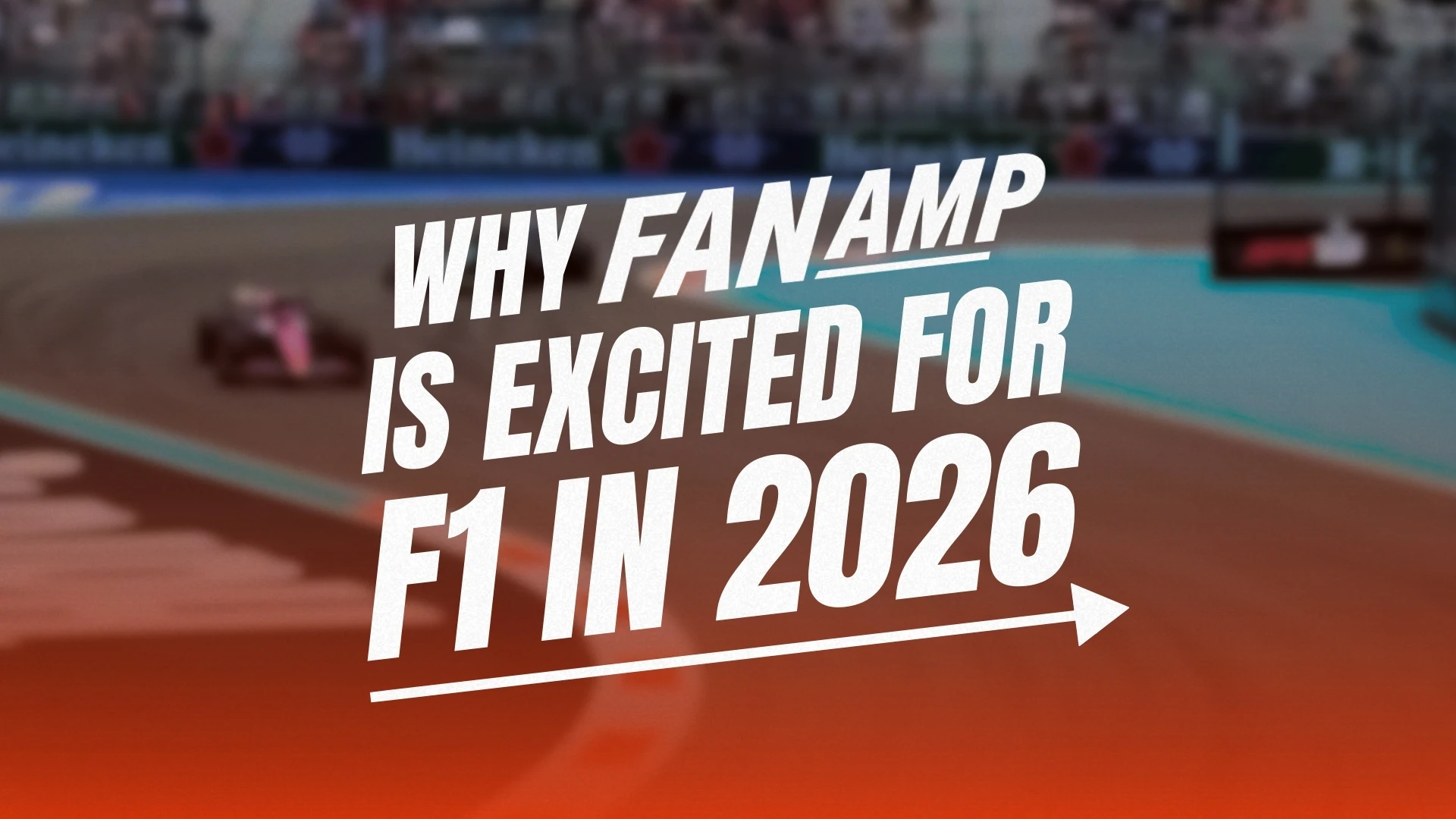

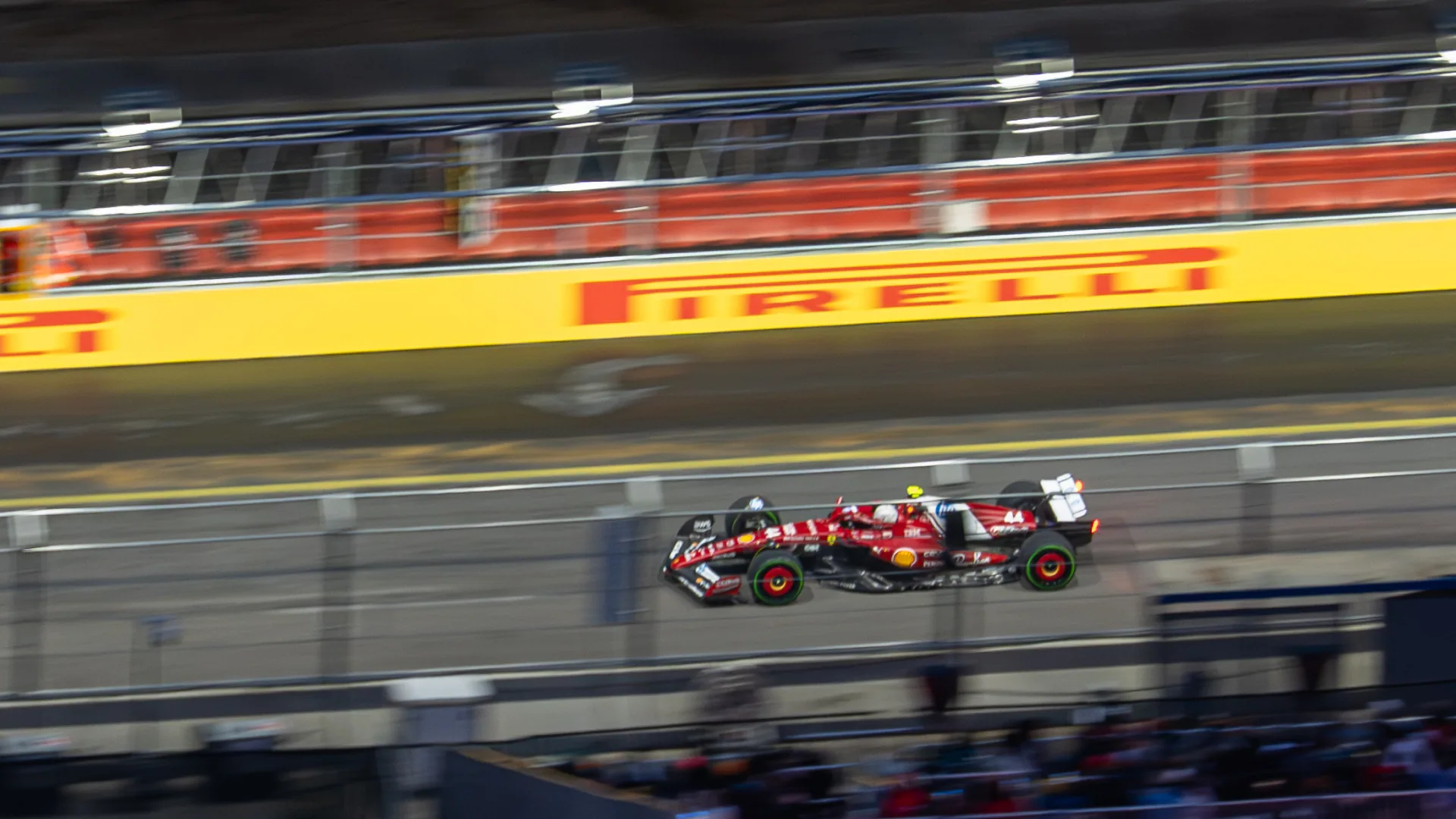
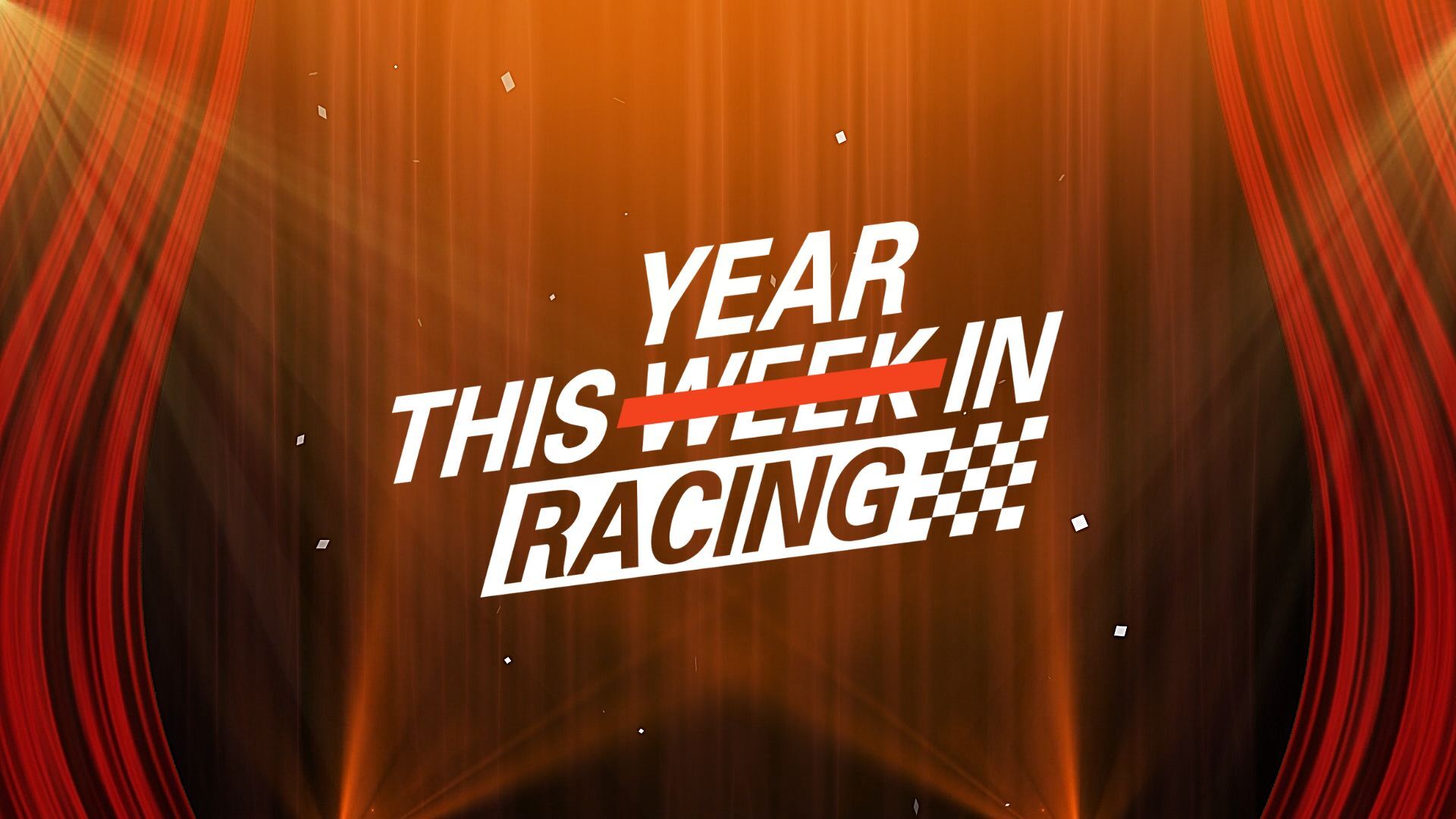

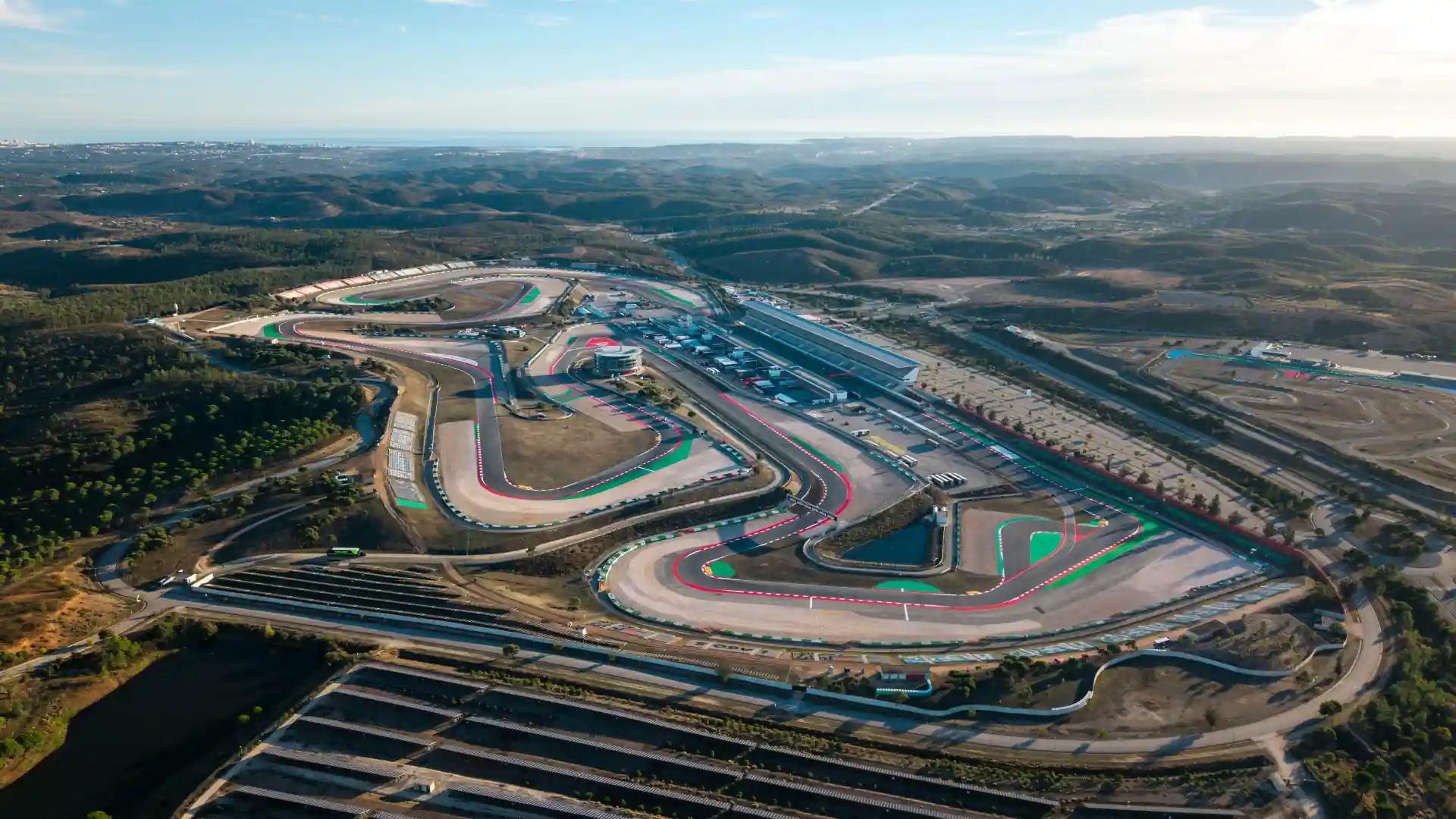


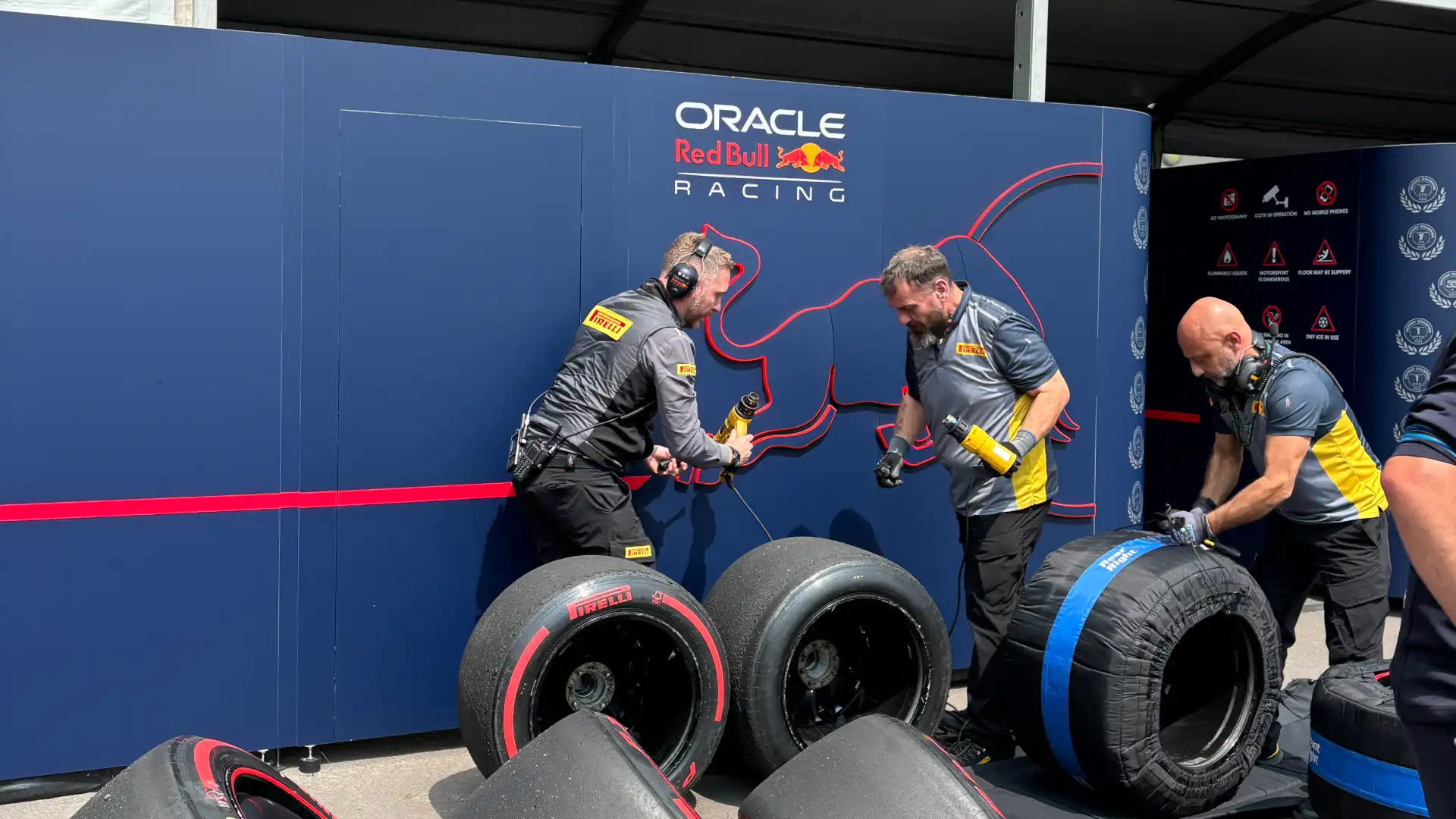
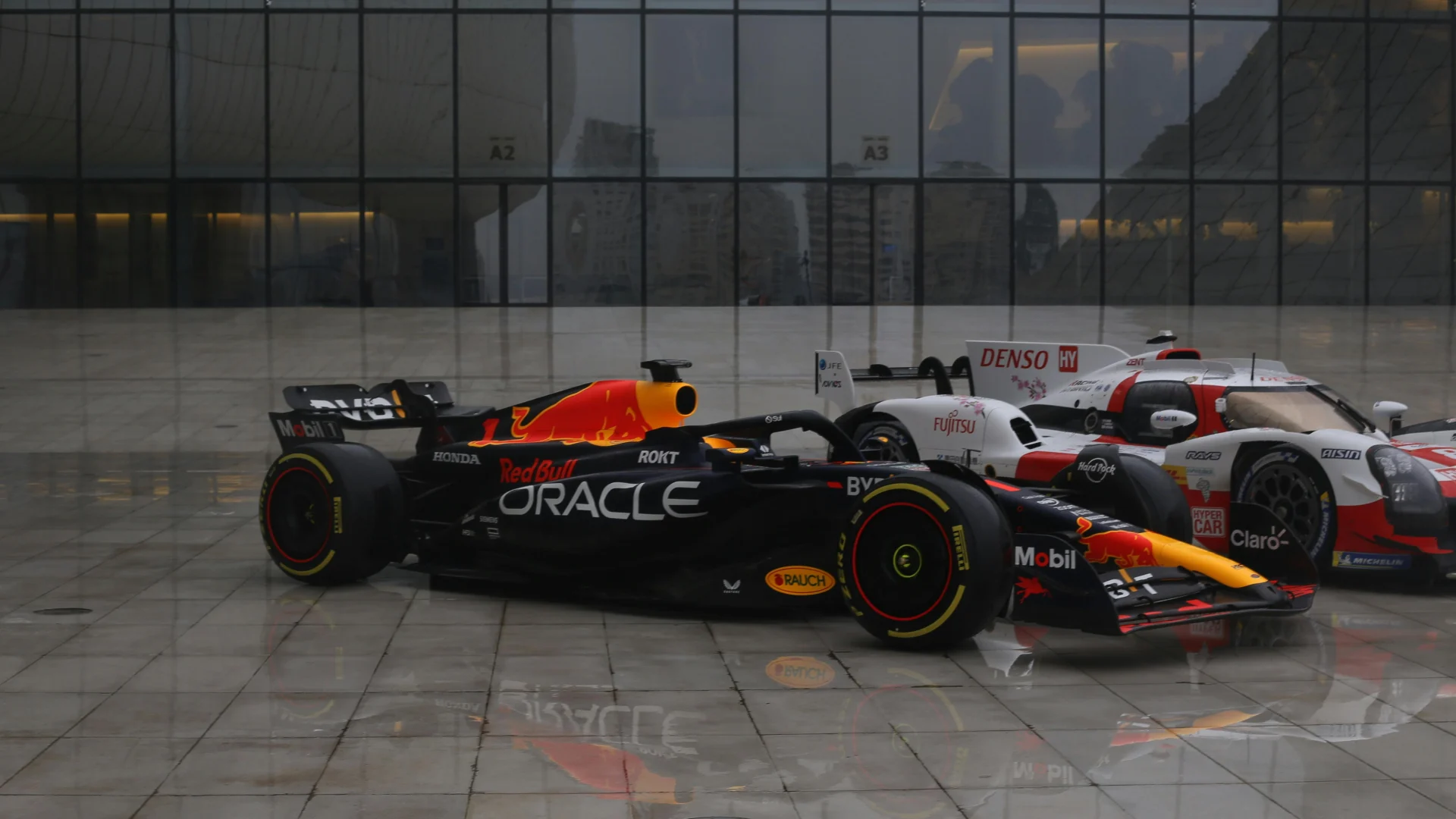

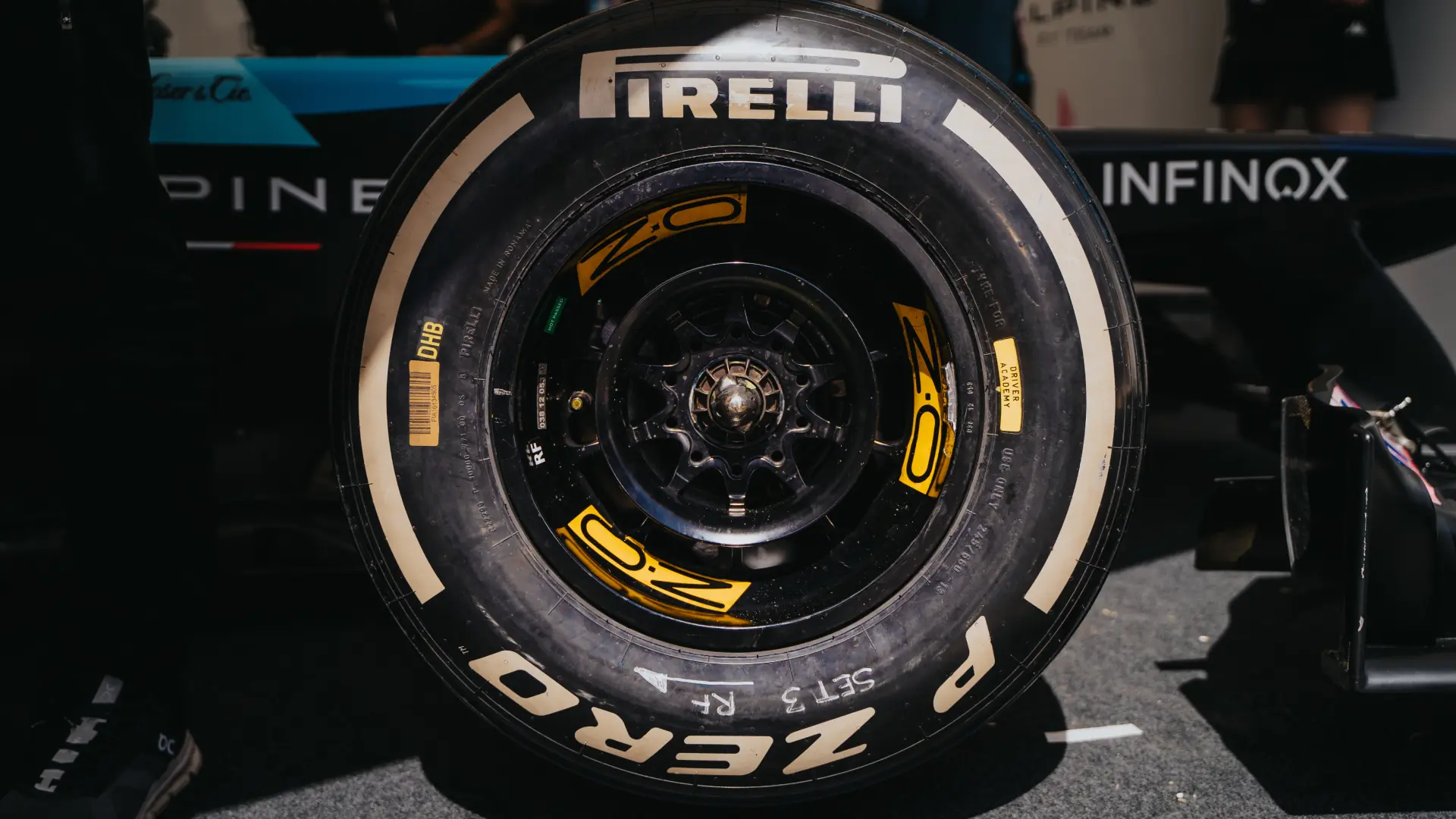
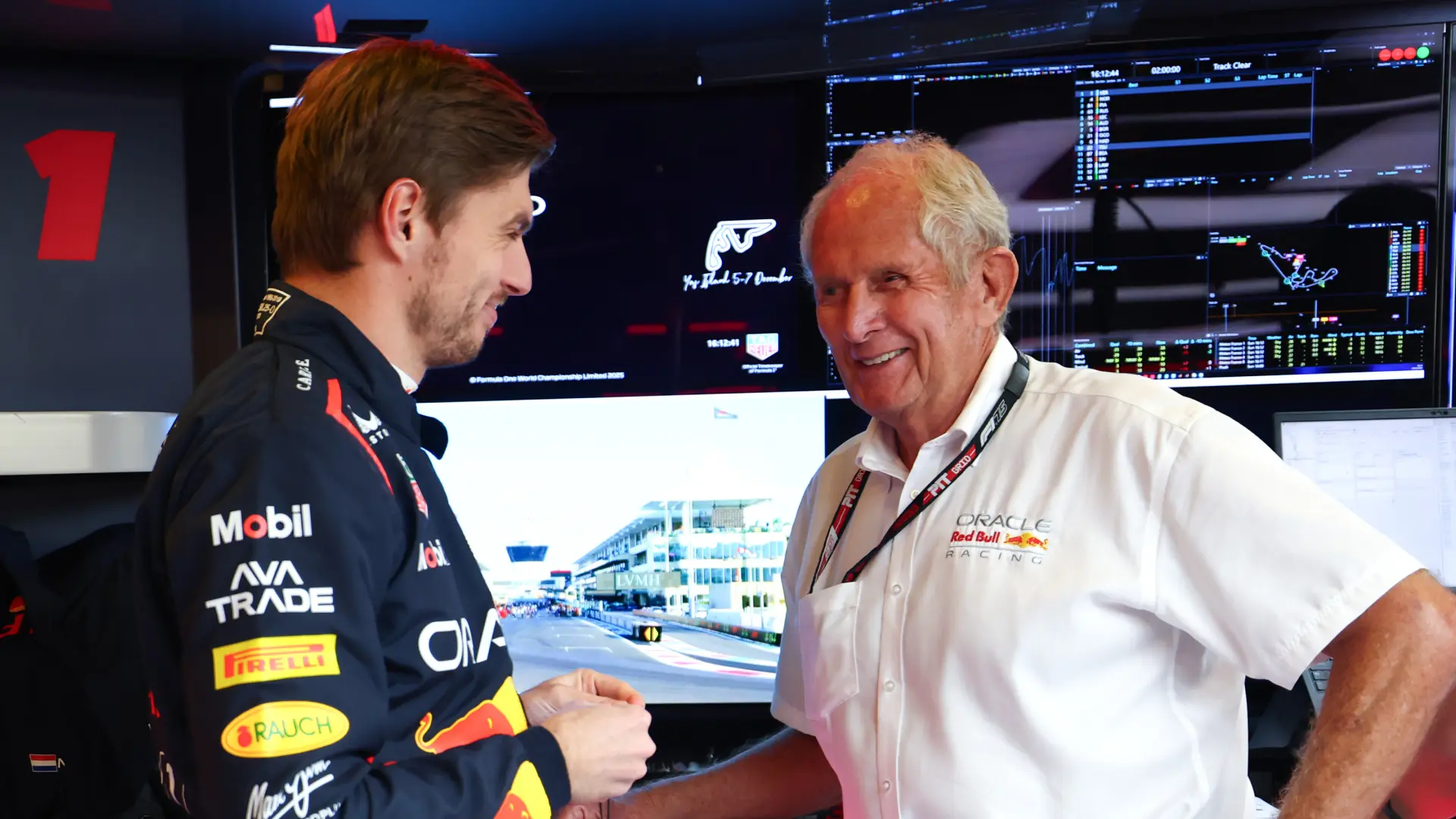

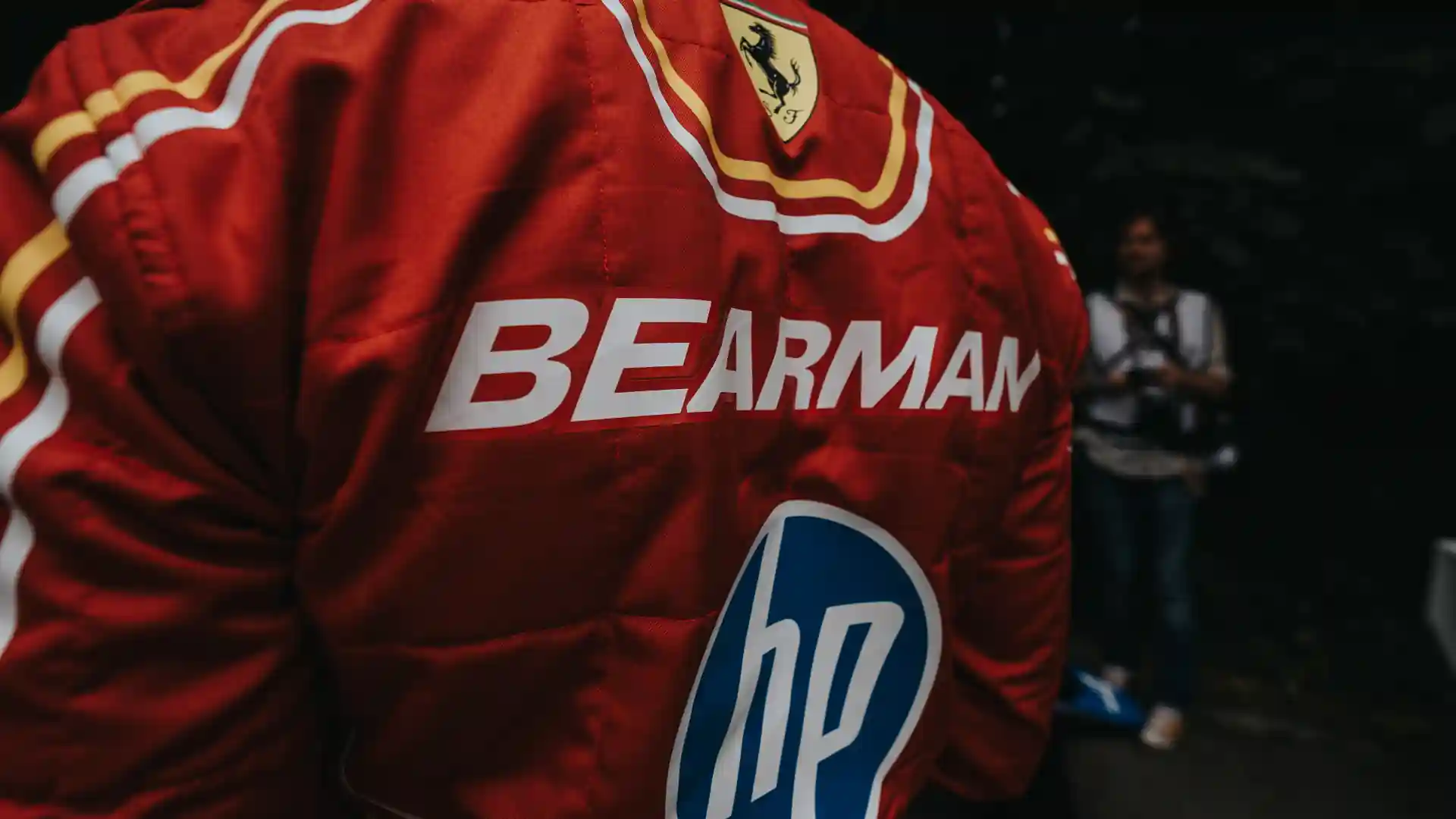
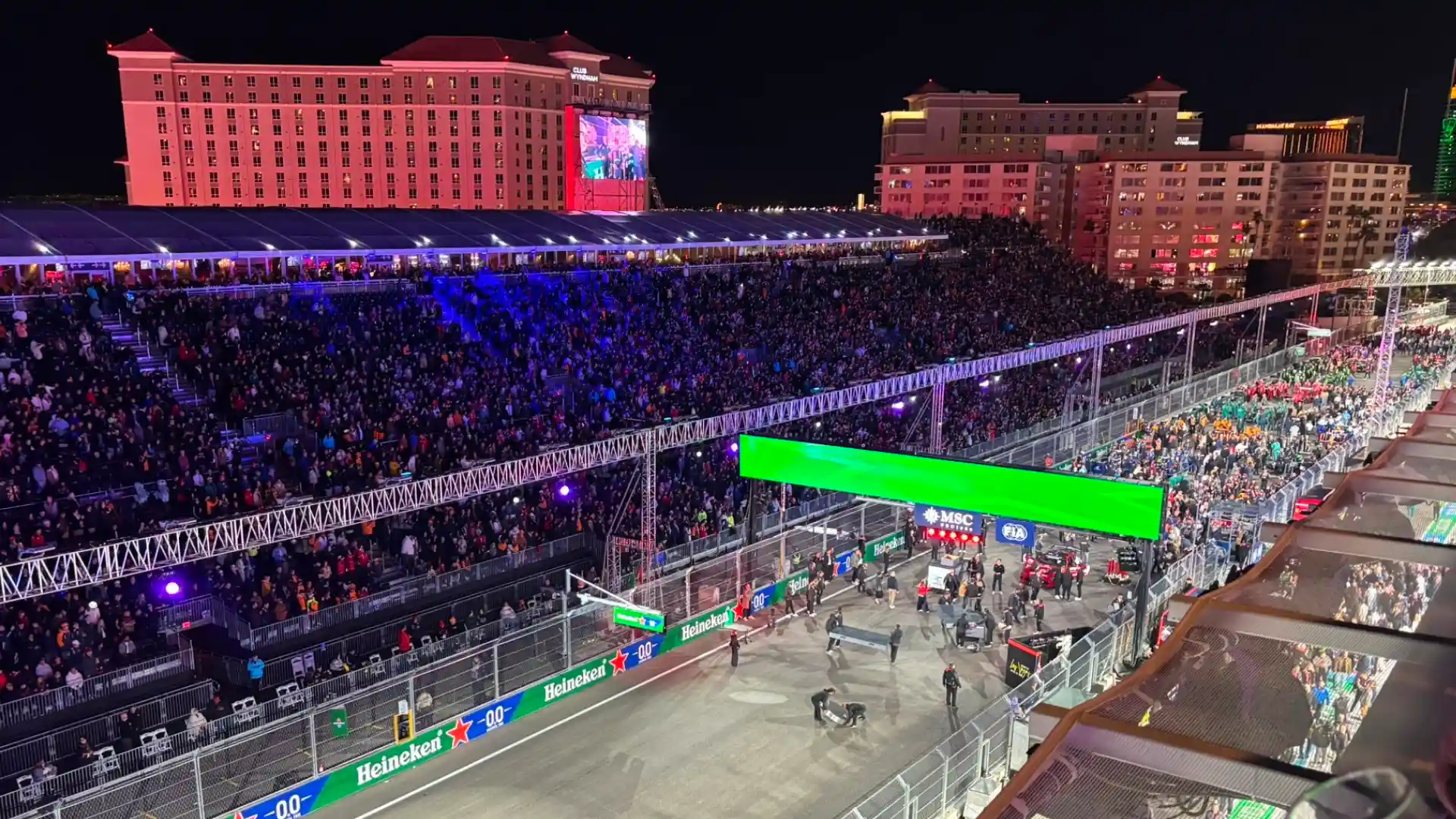
.webp)
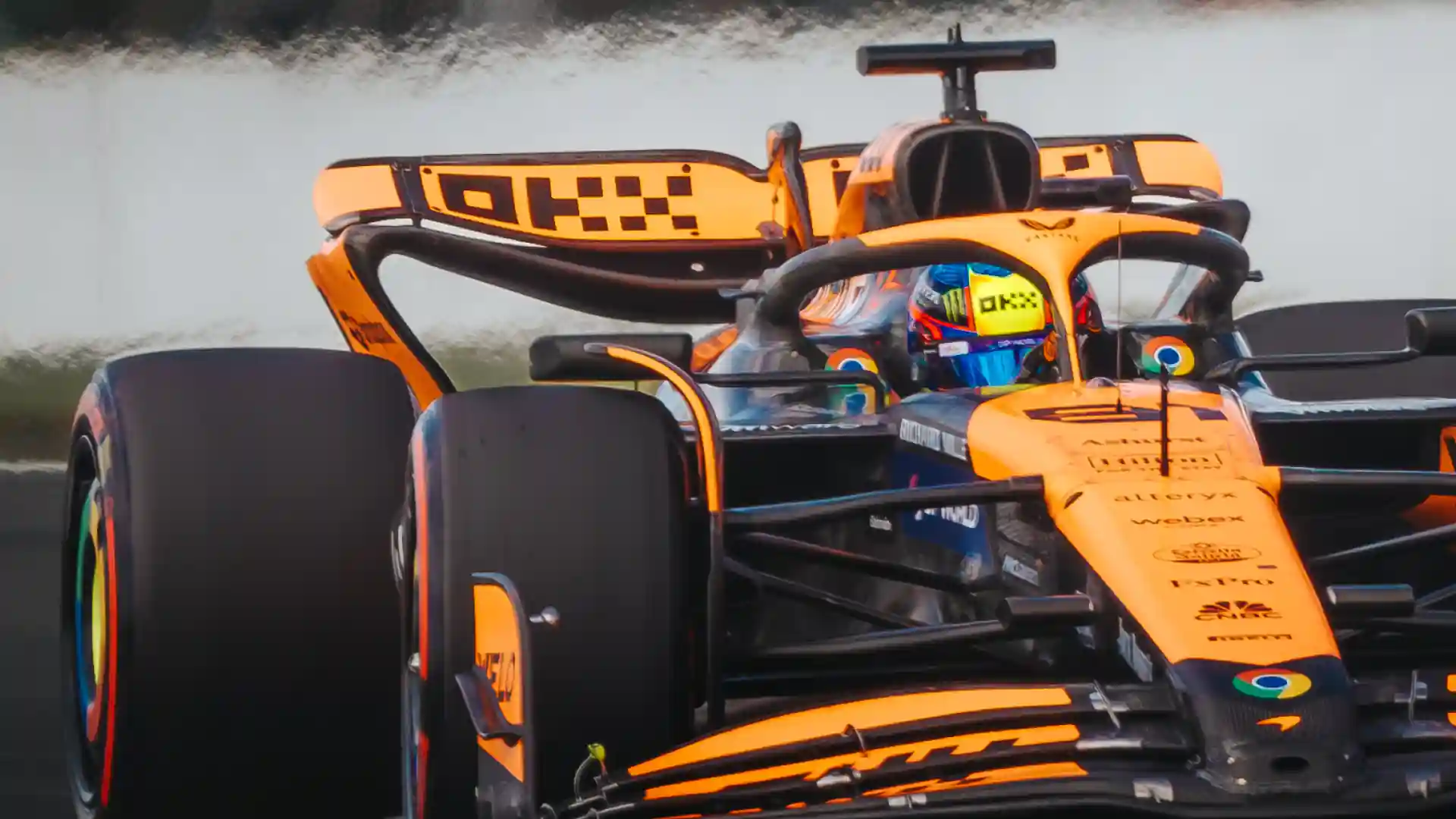

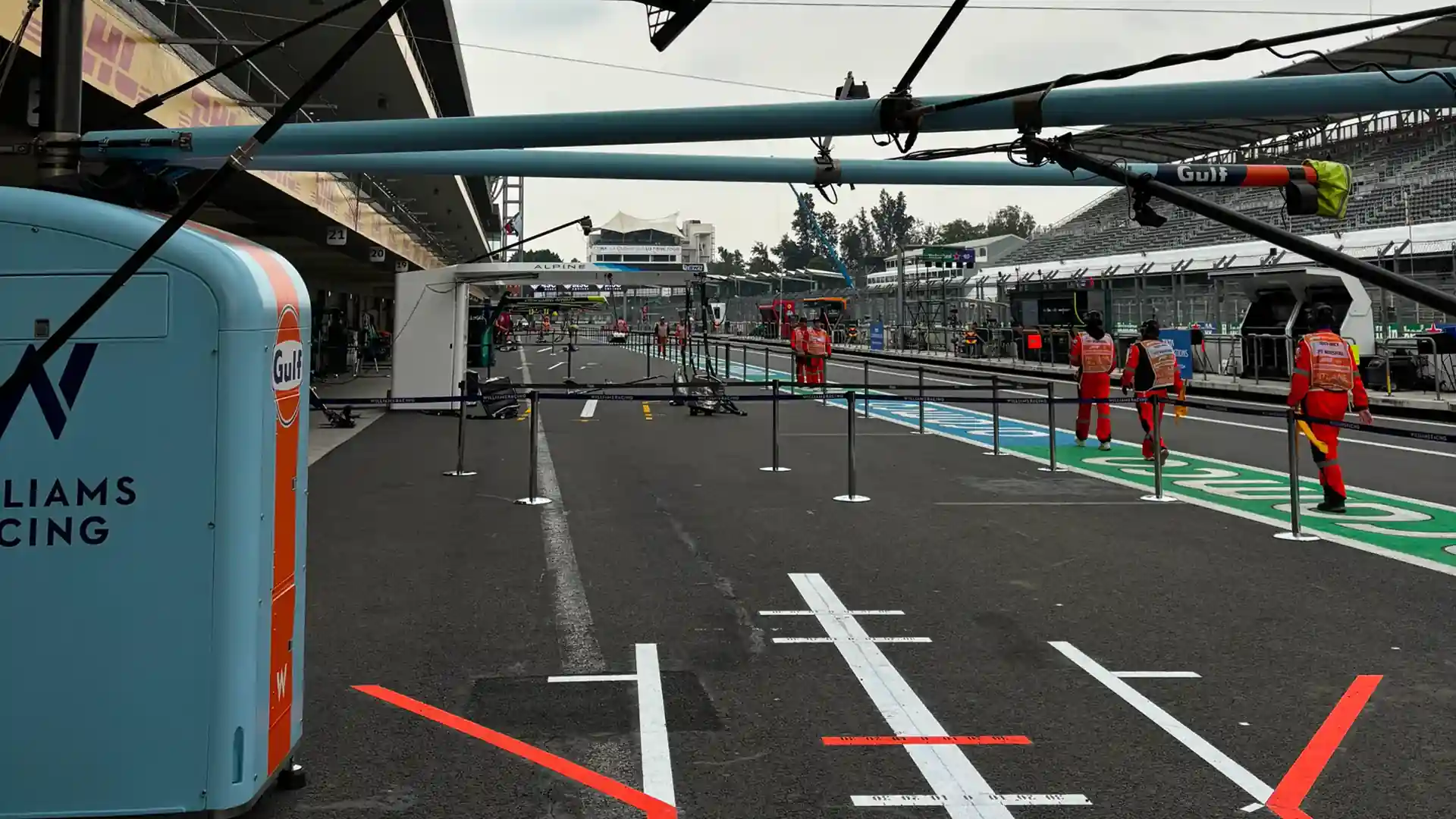

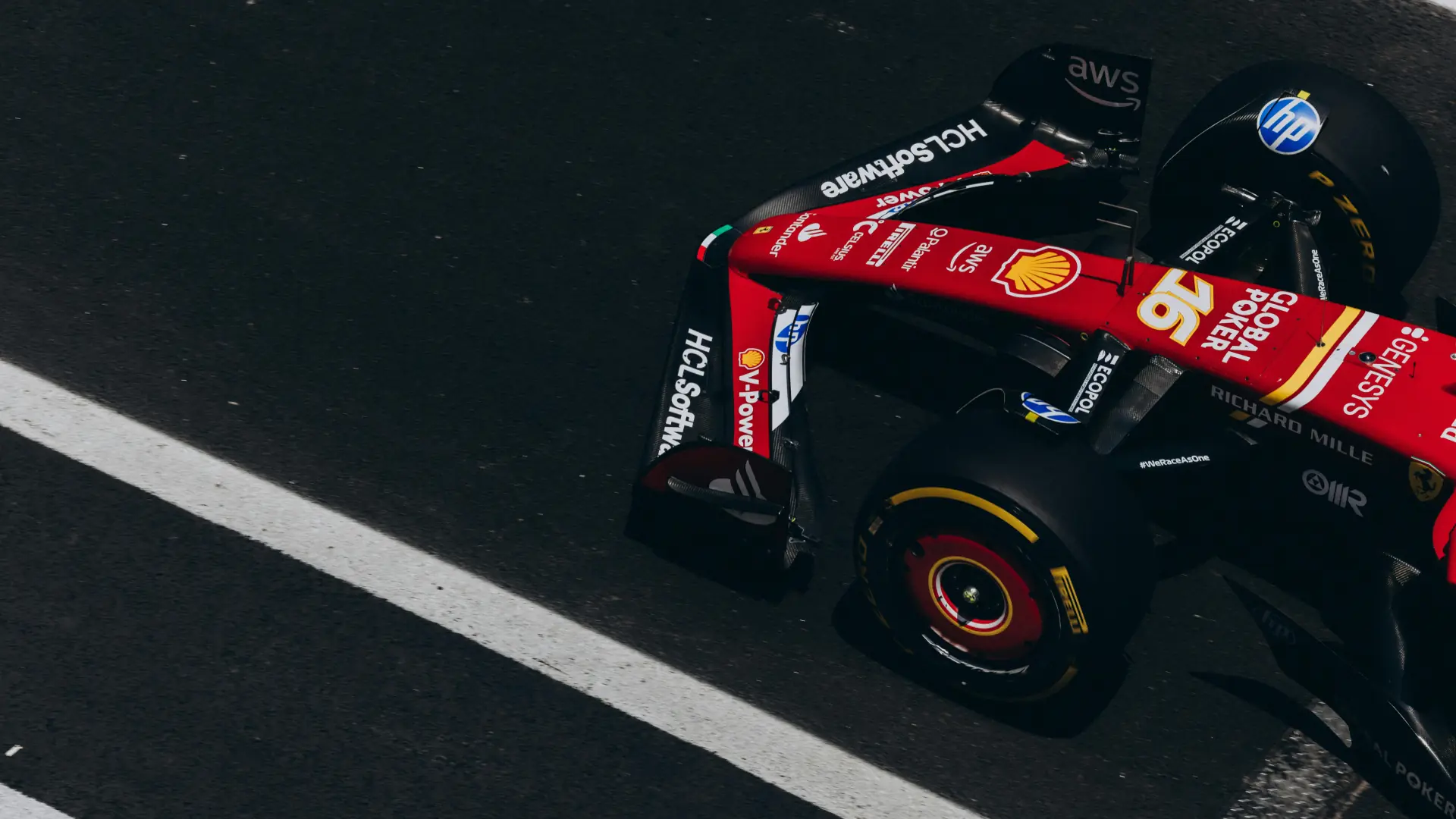




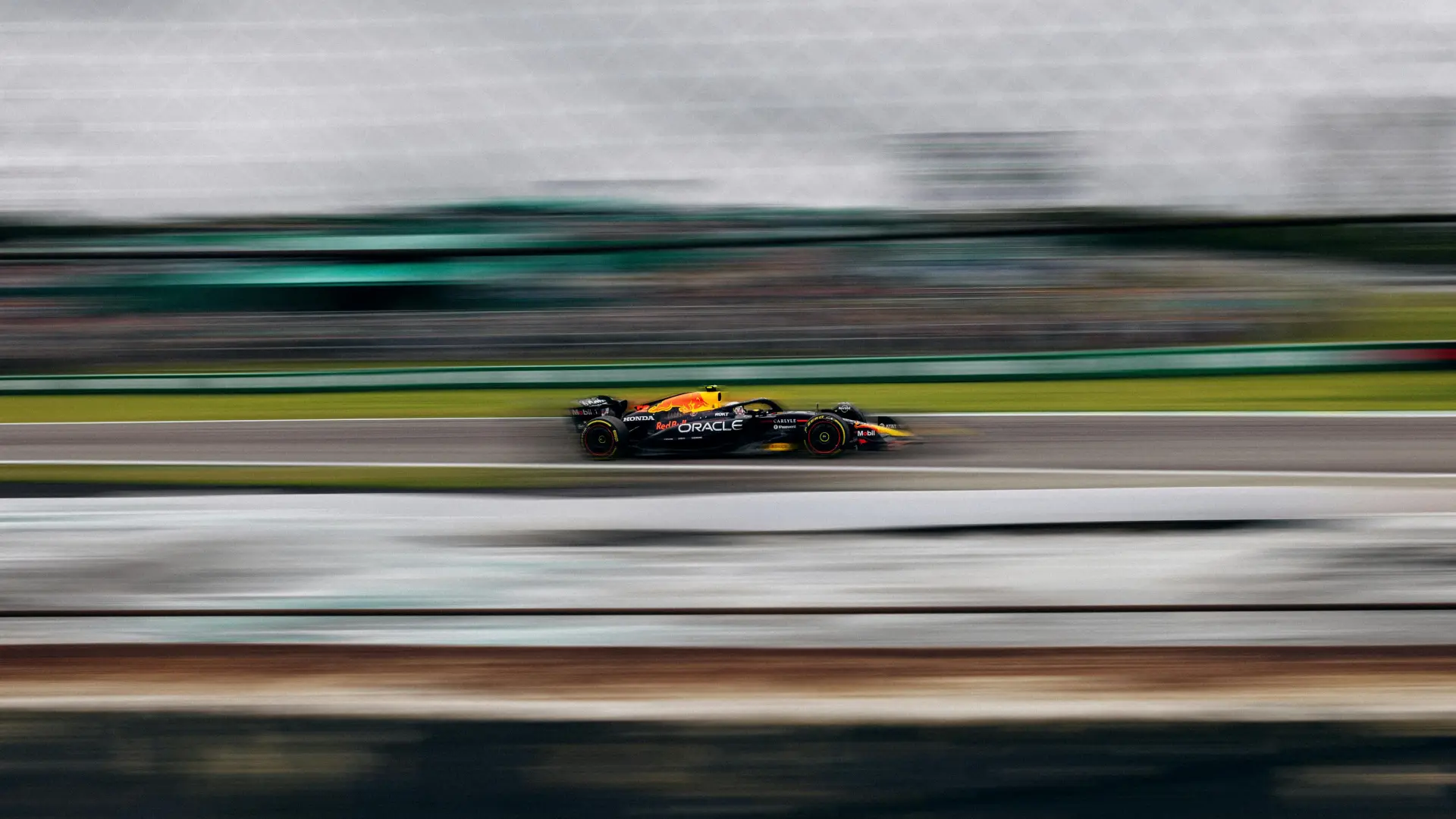
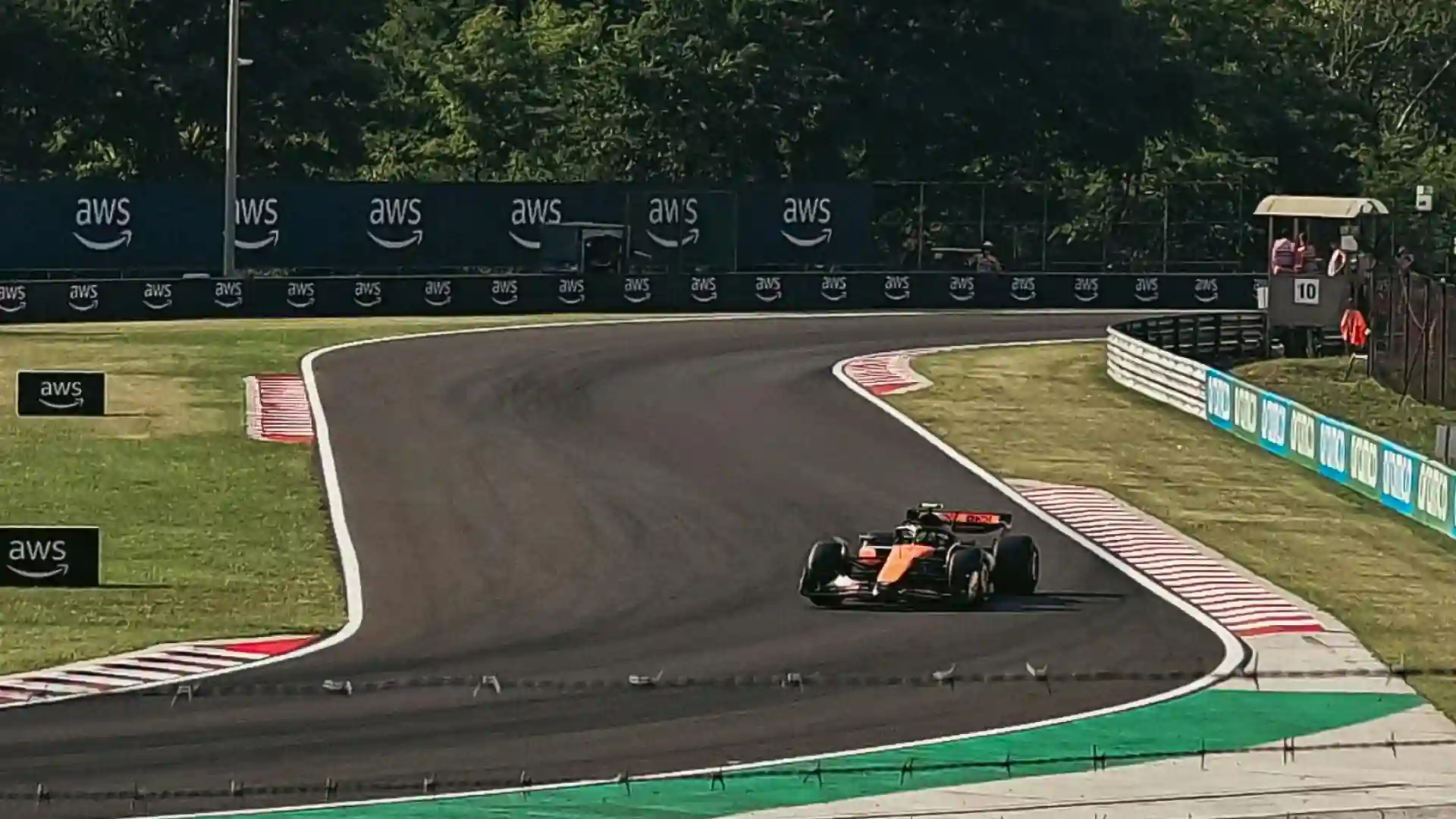

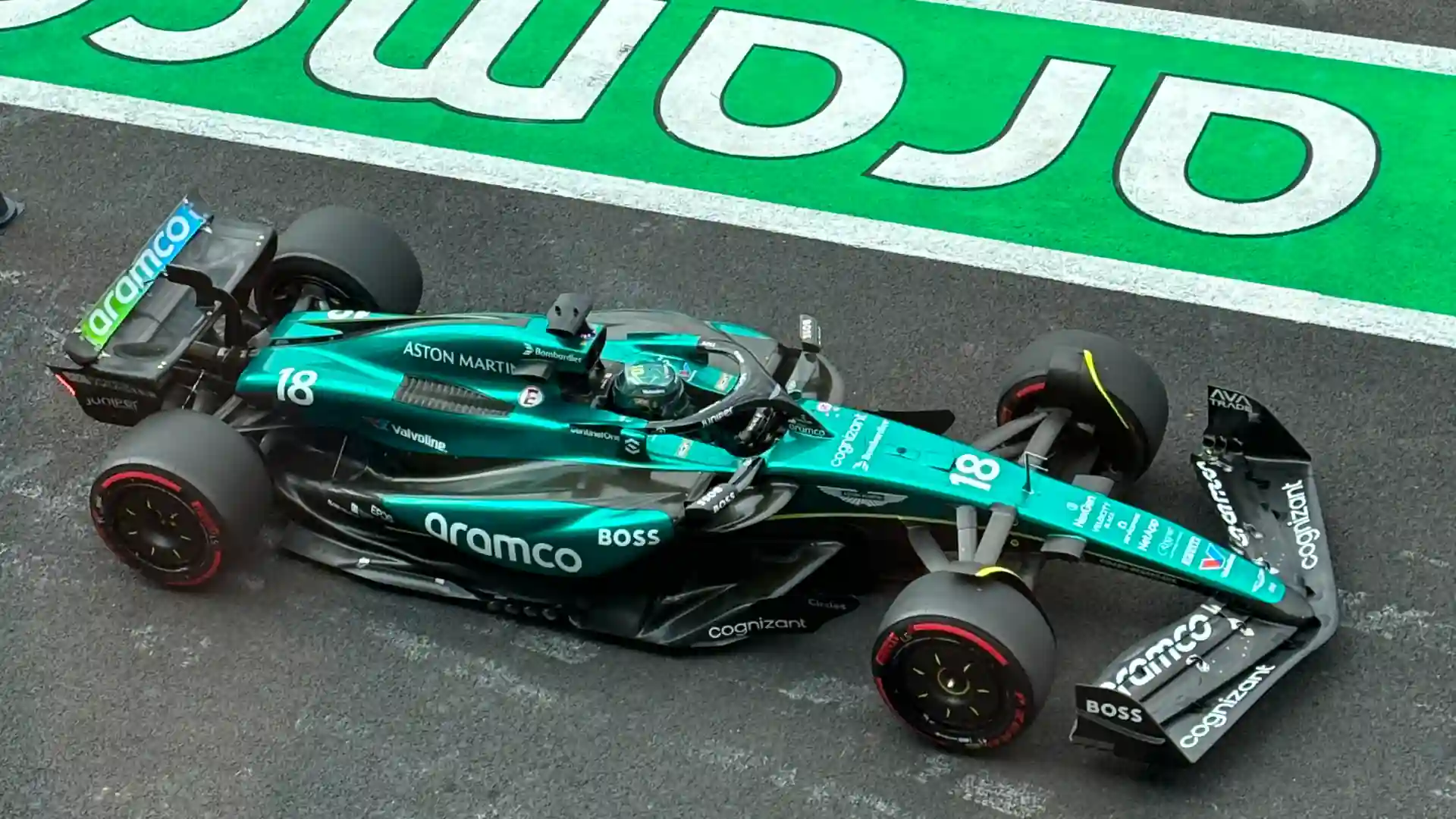
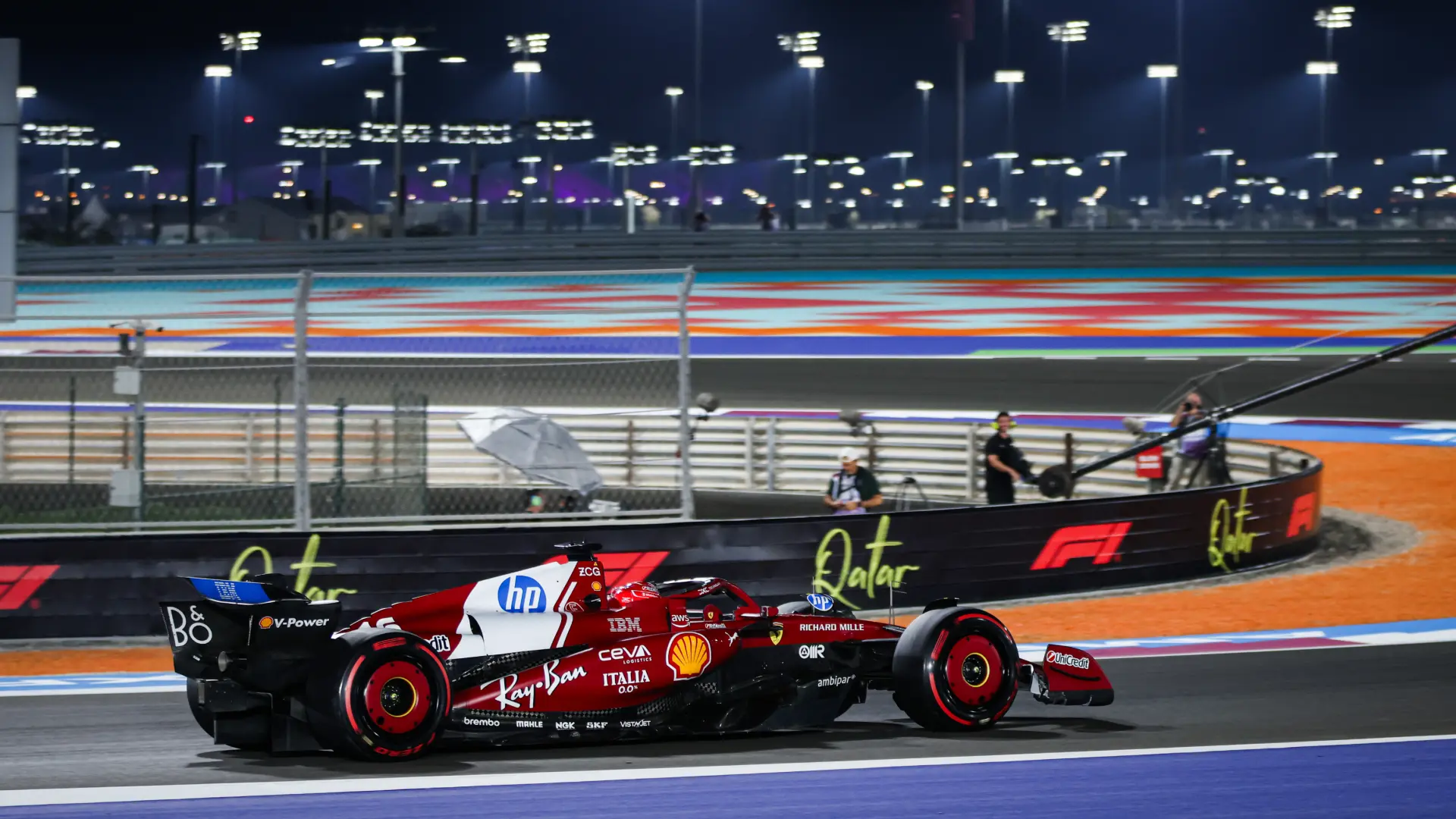

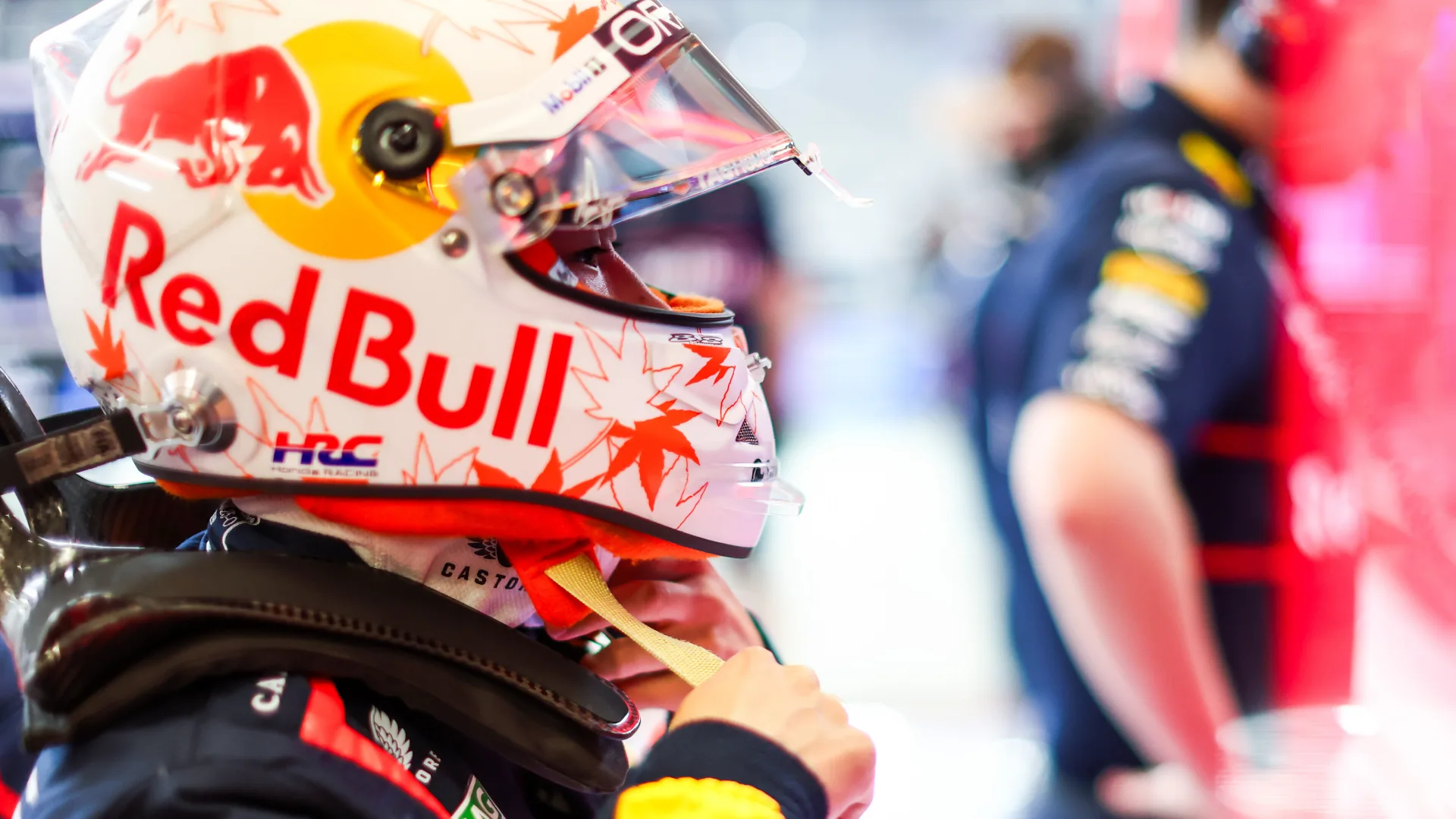

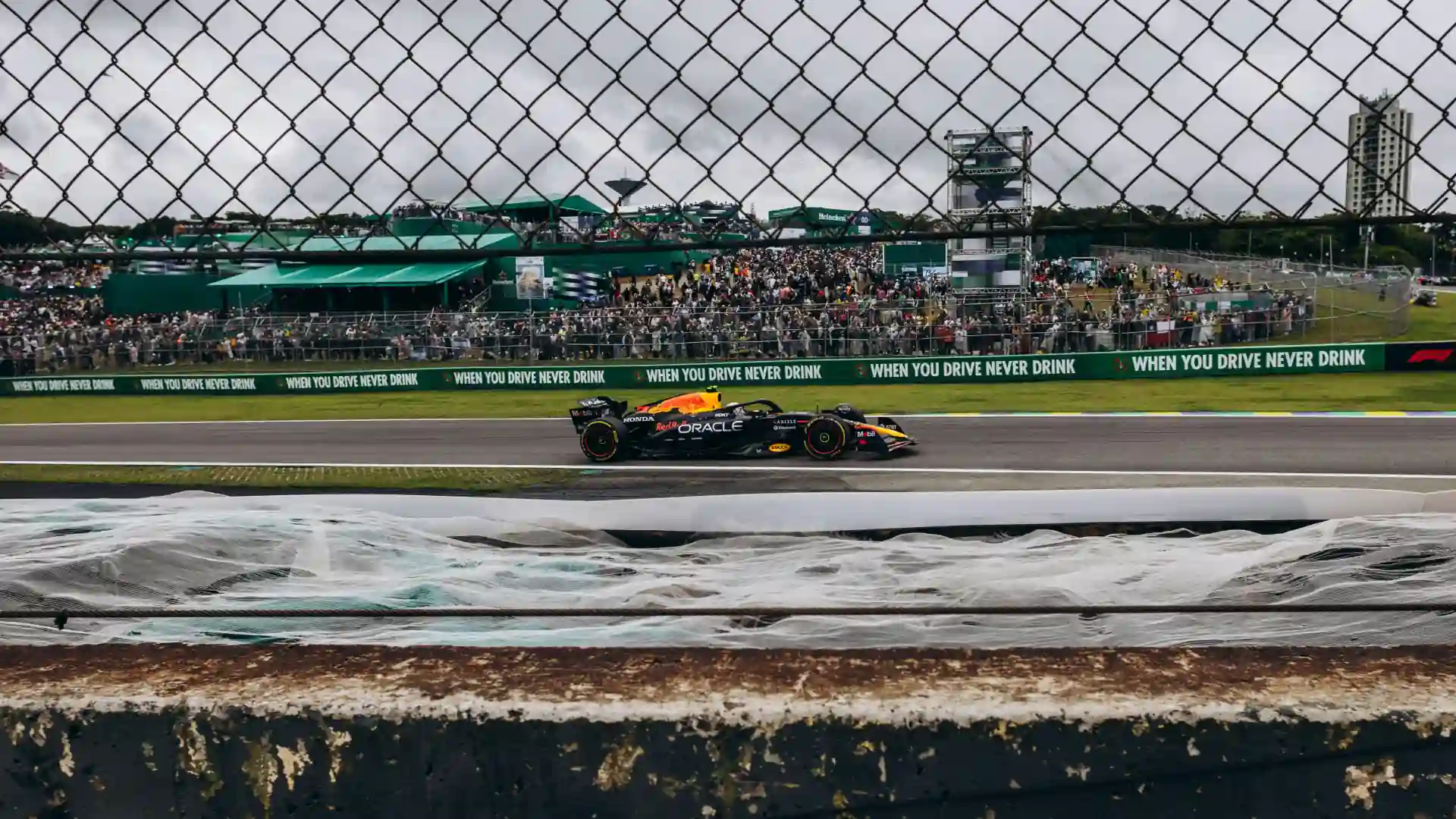




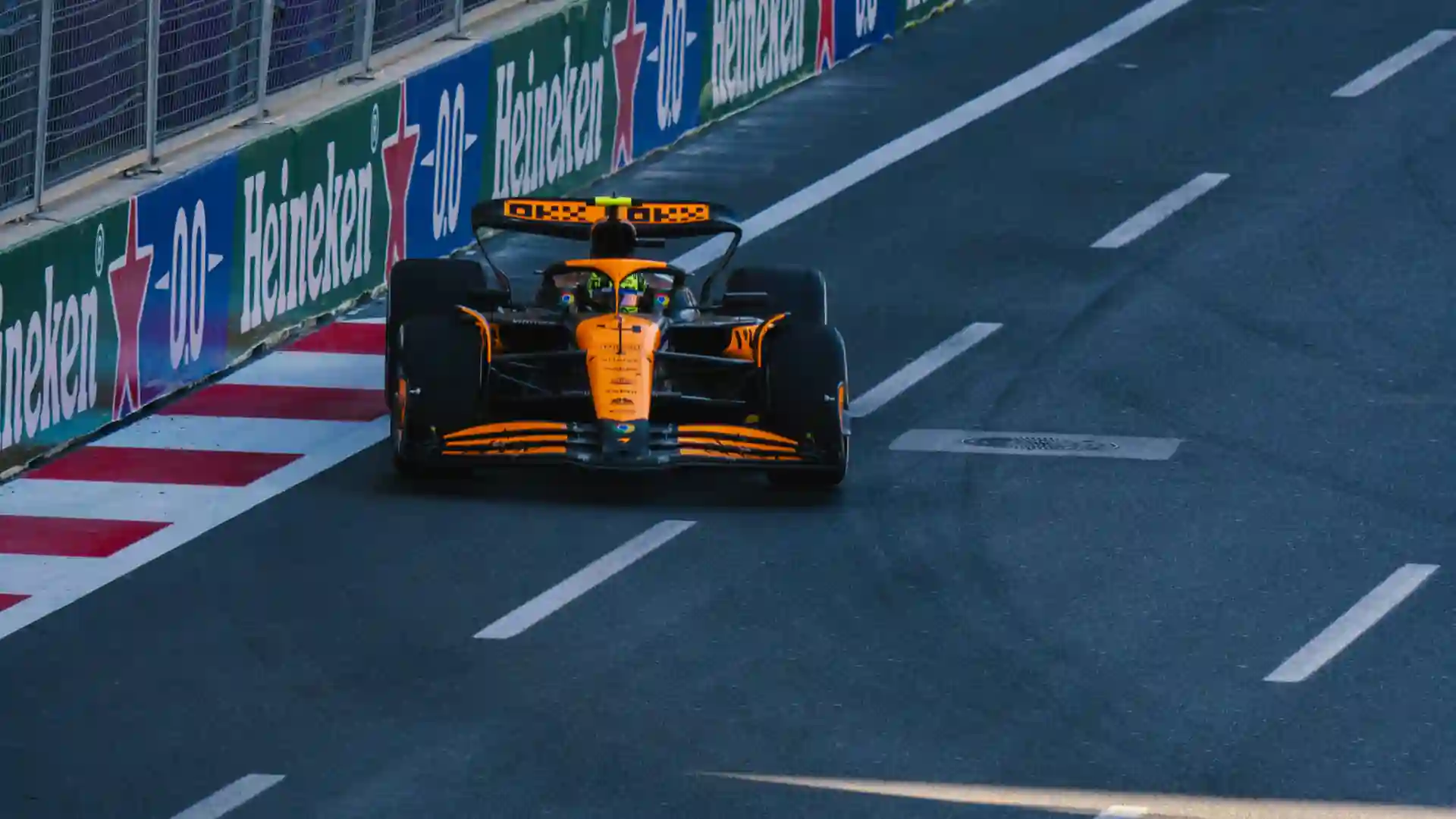


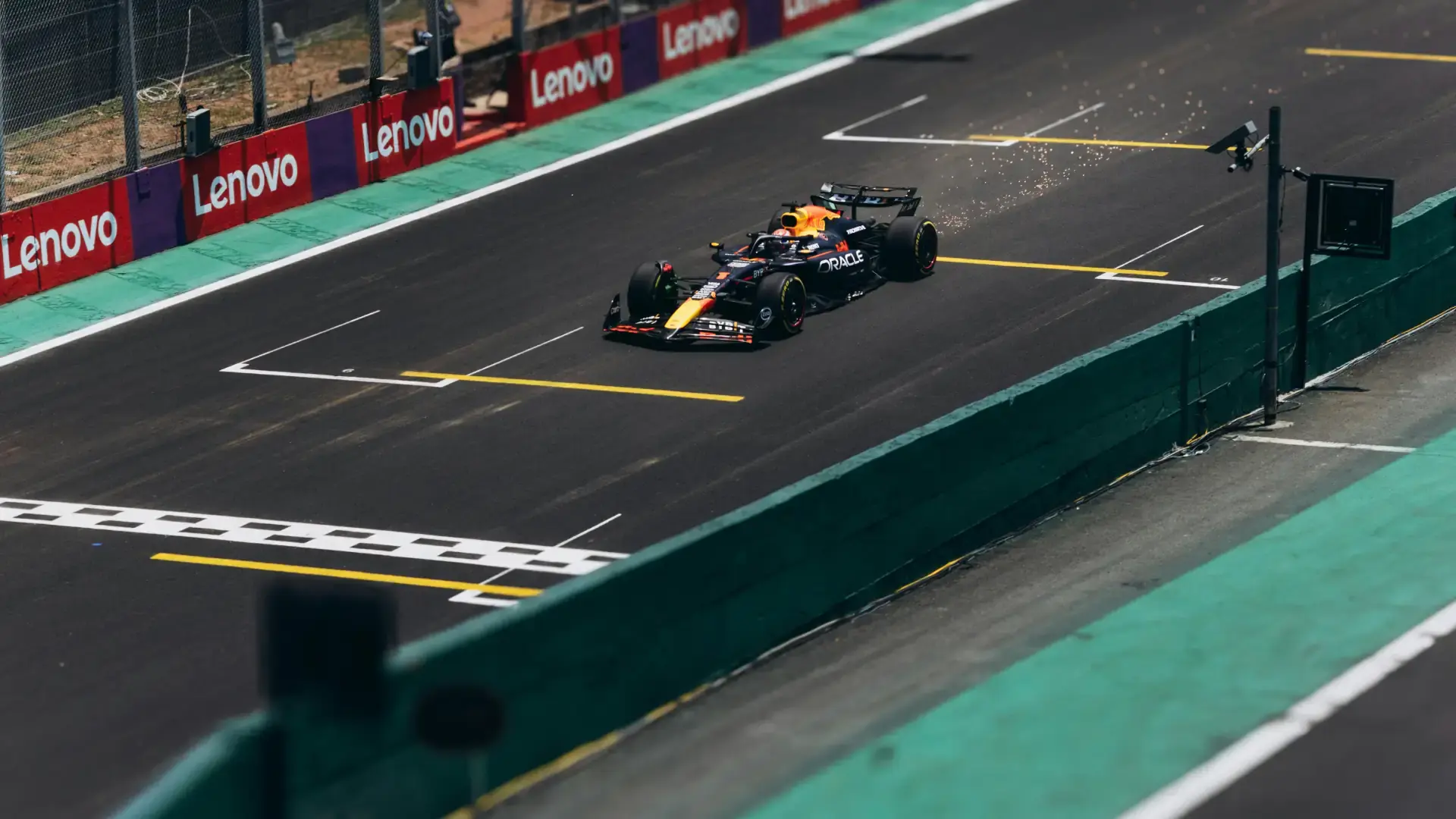

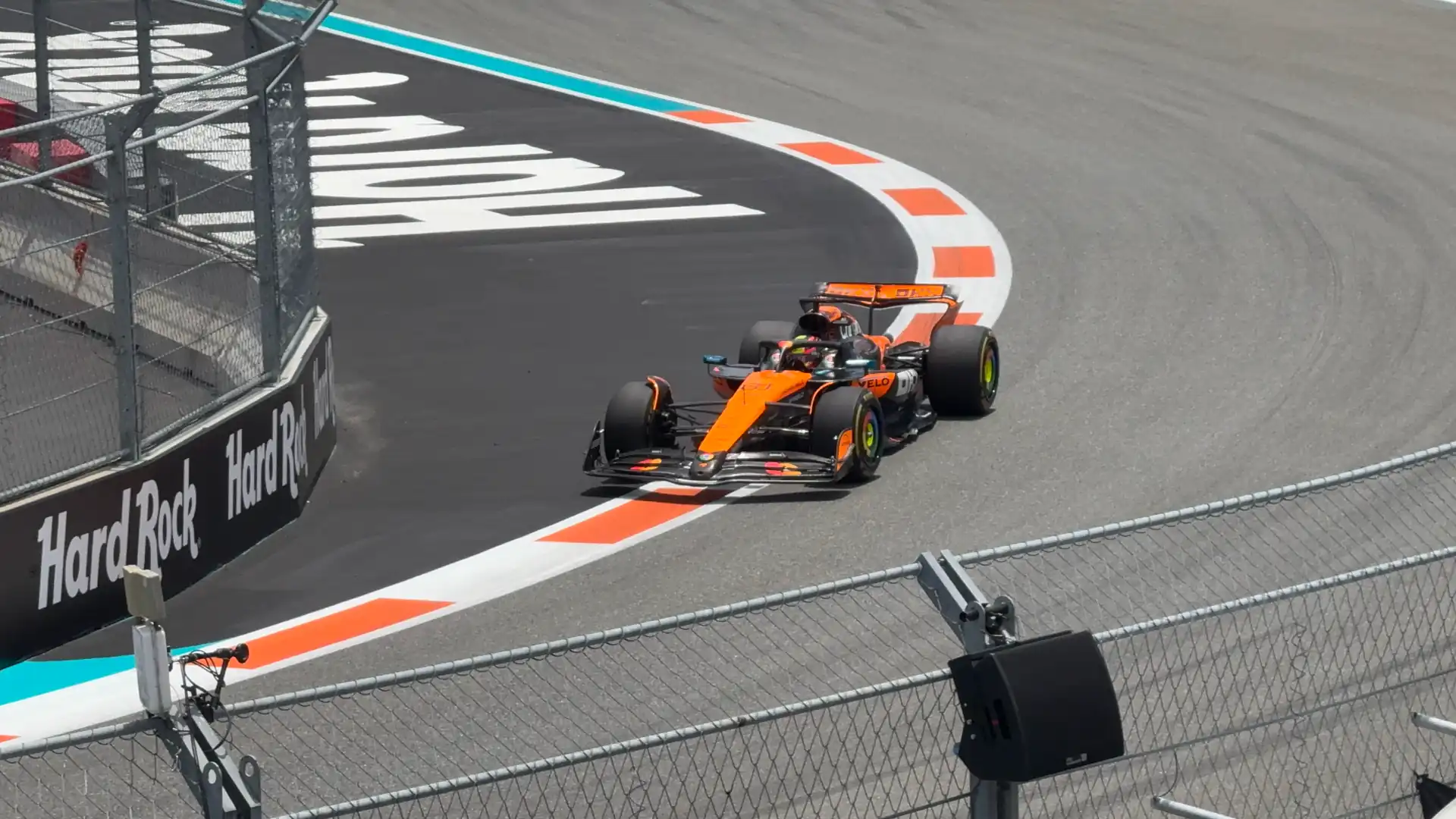



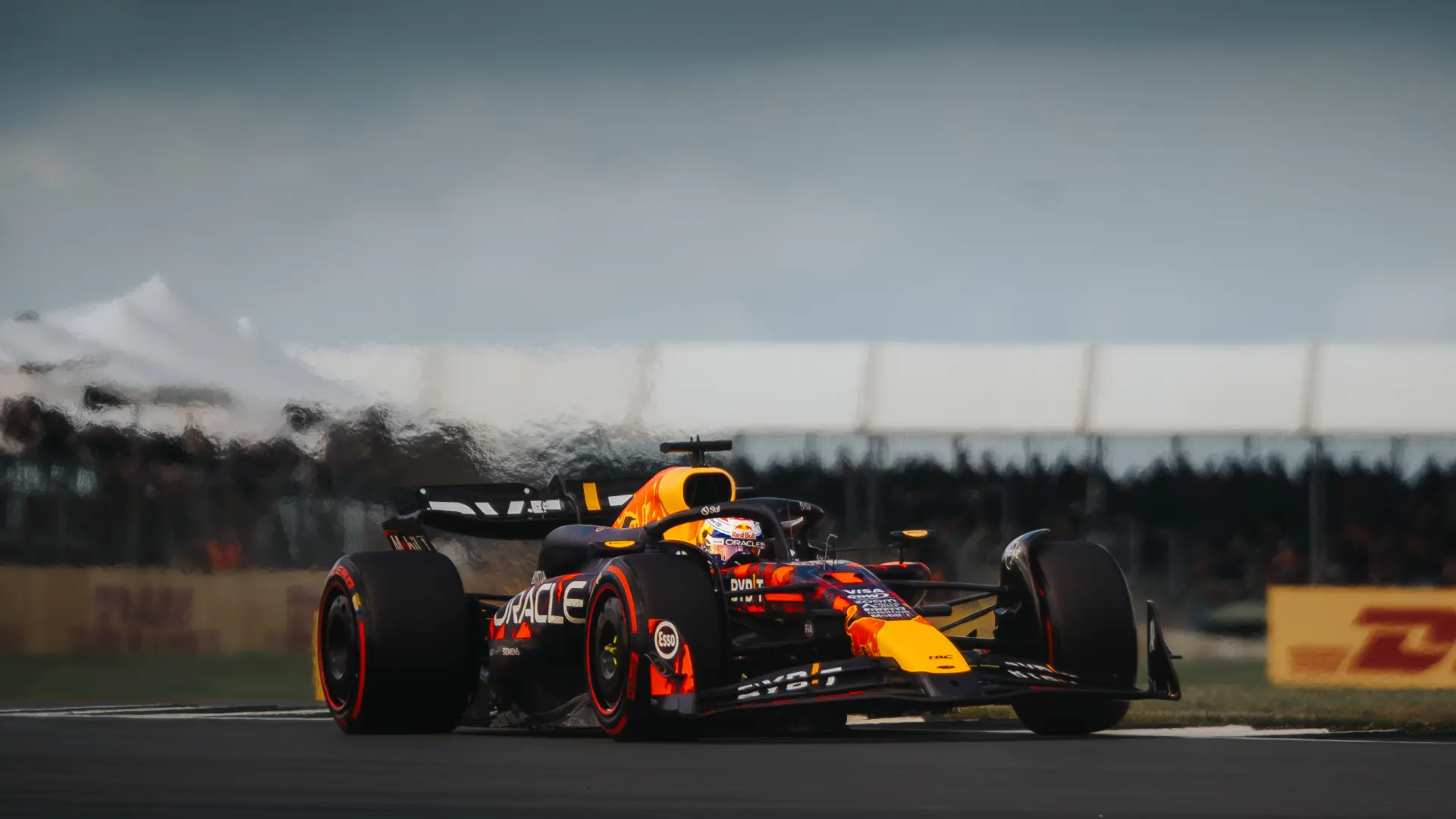
.webp)

